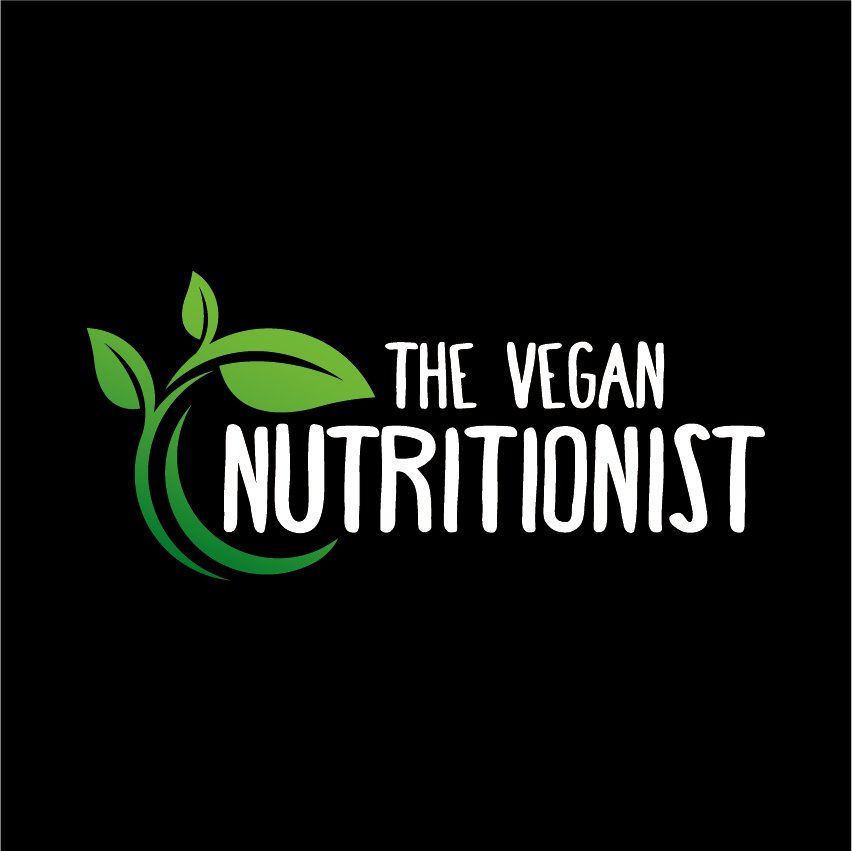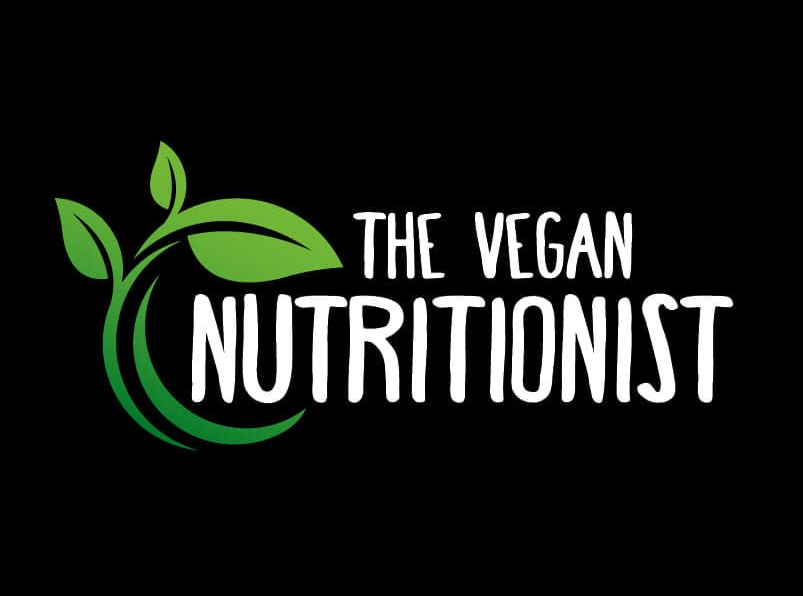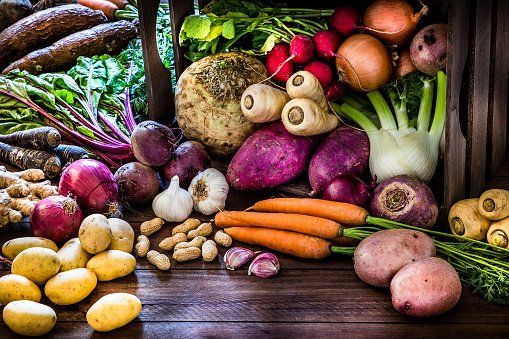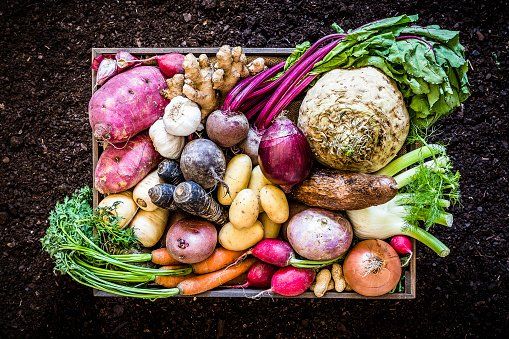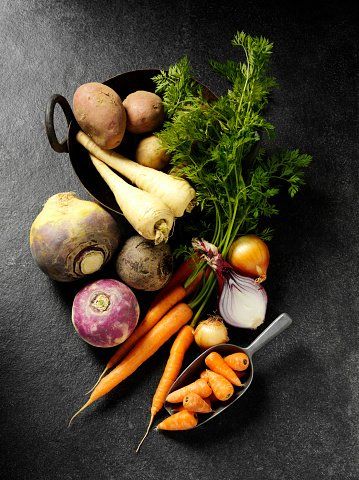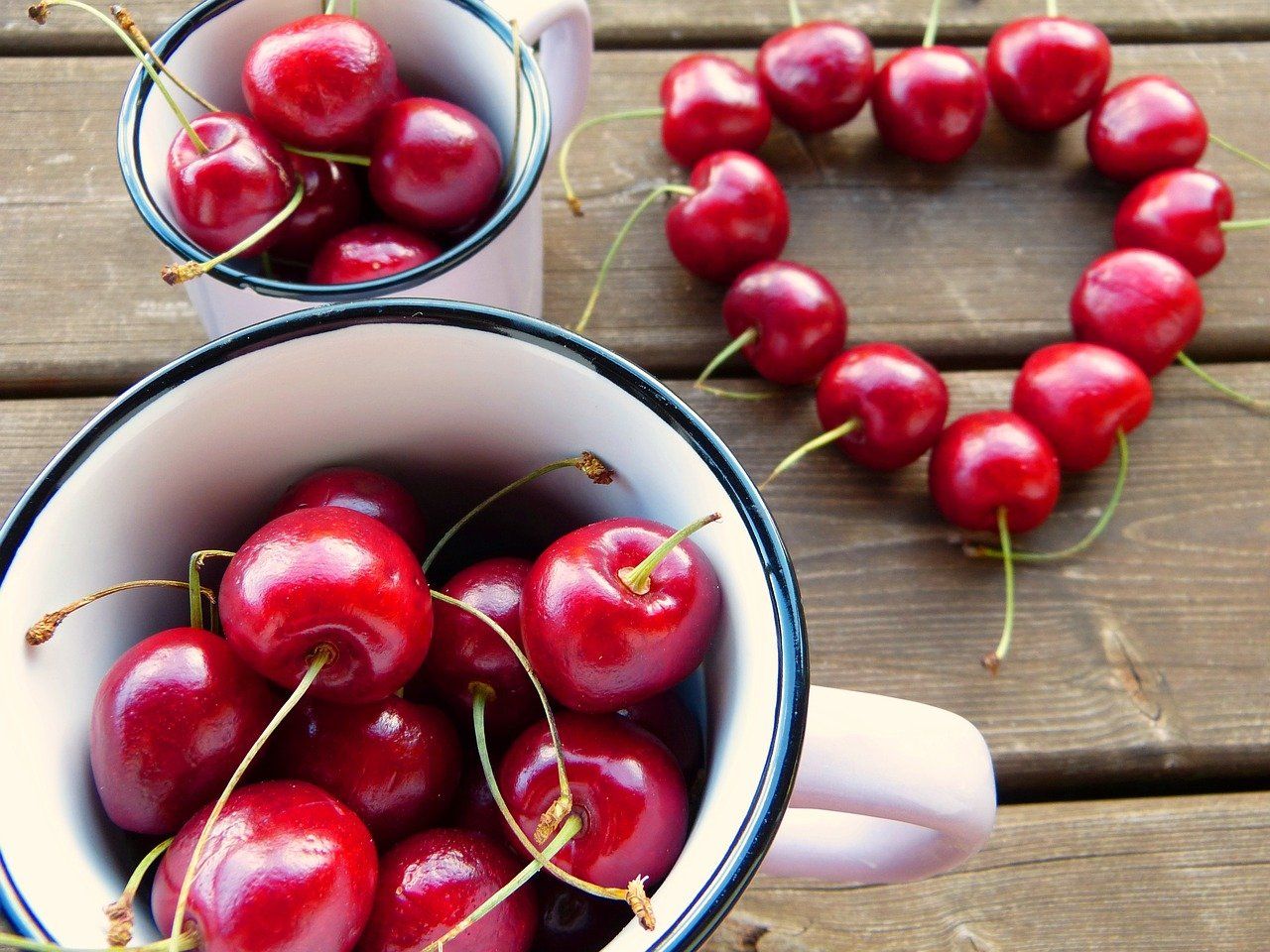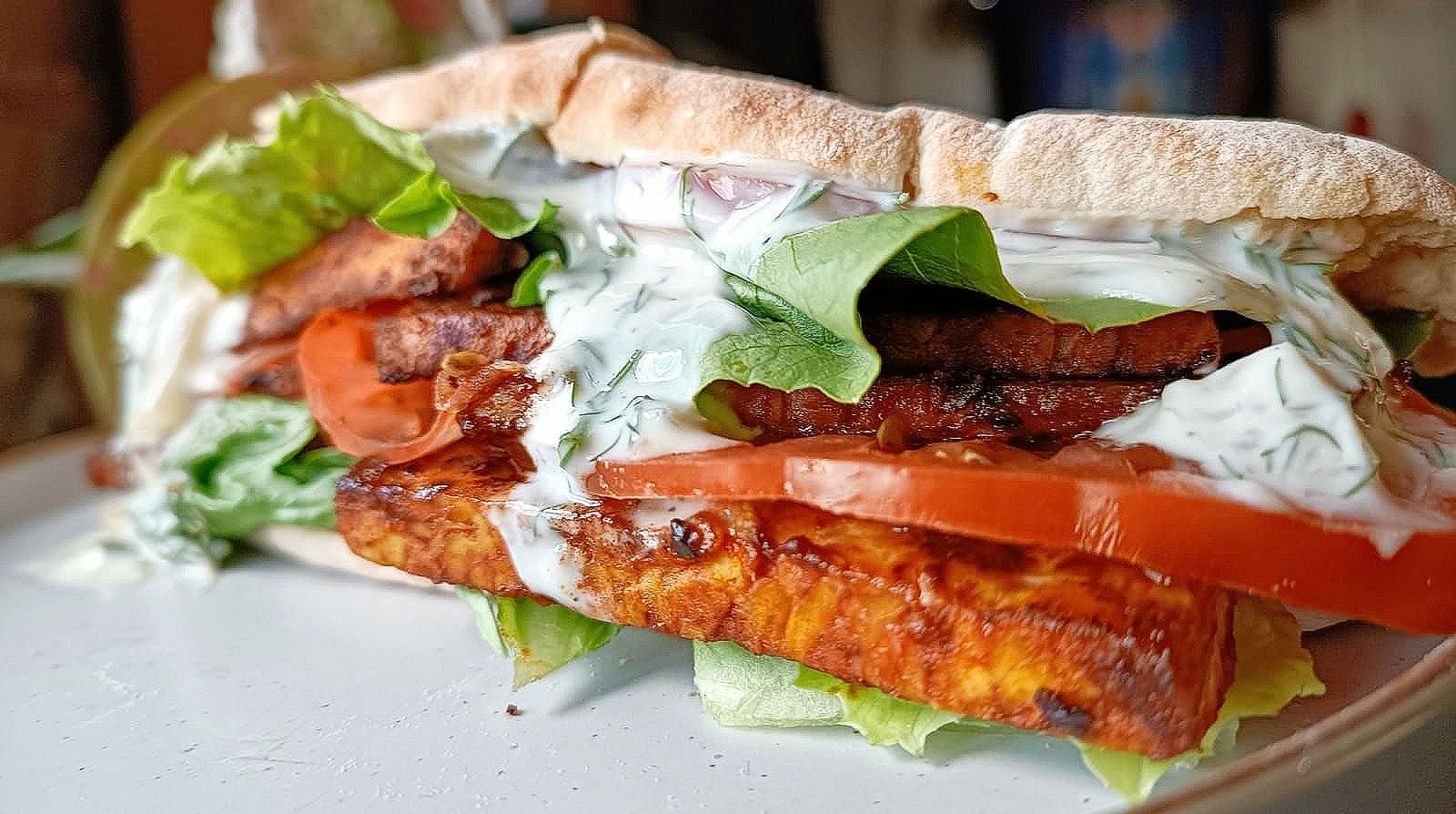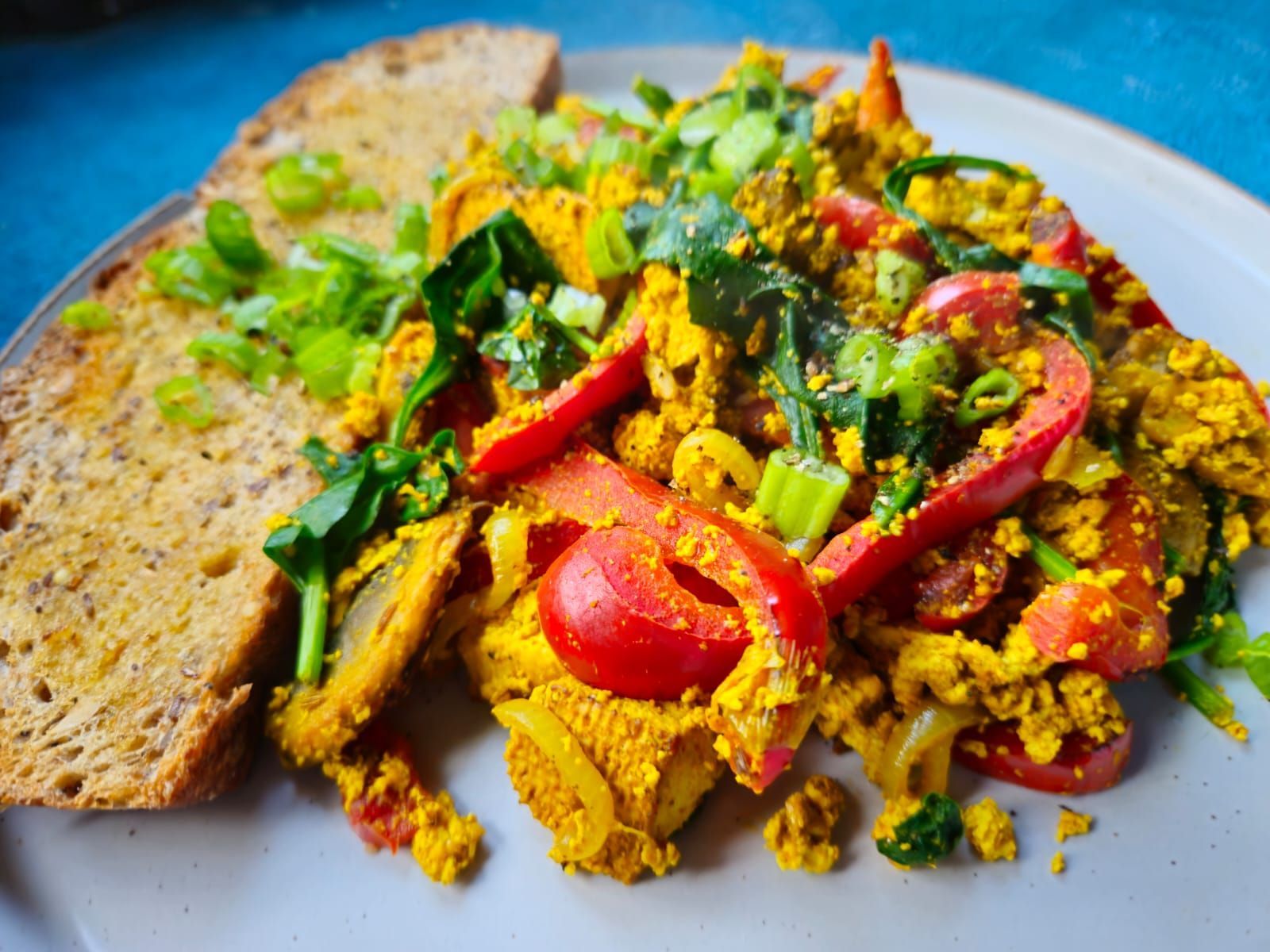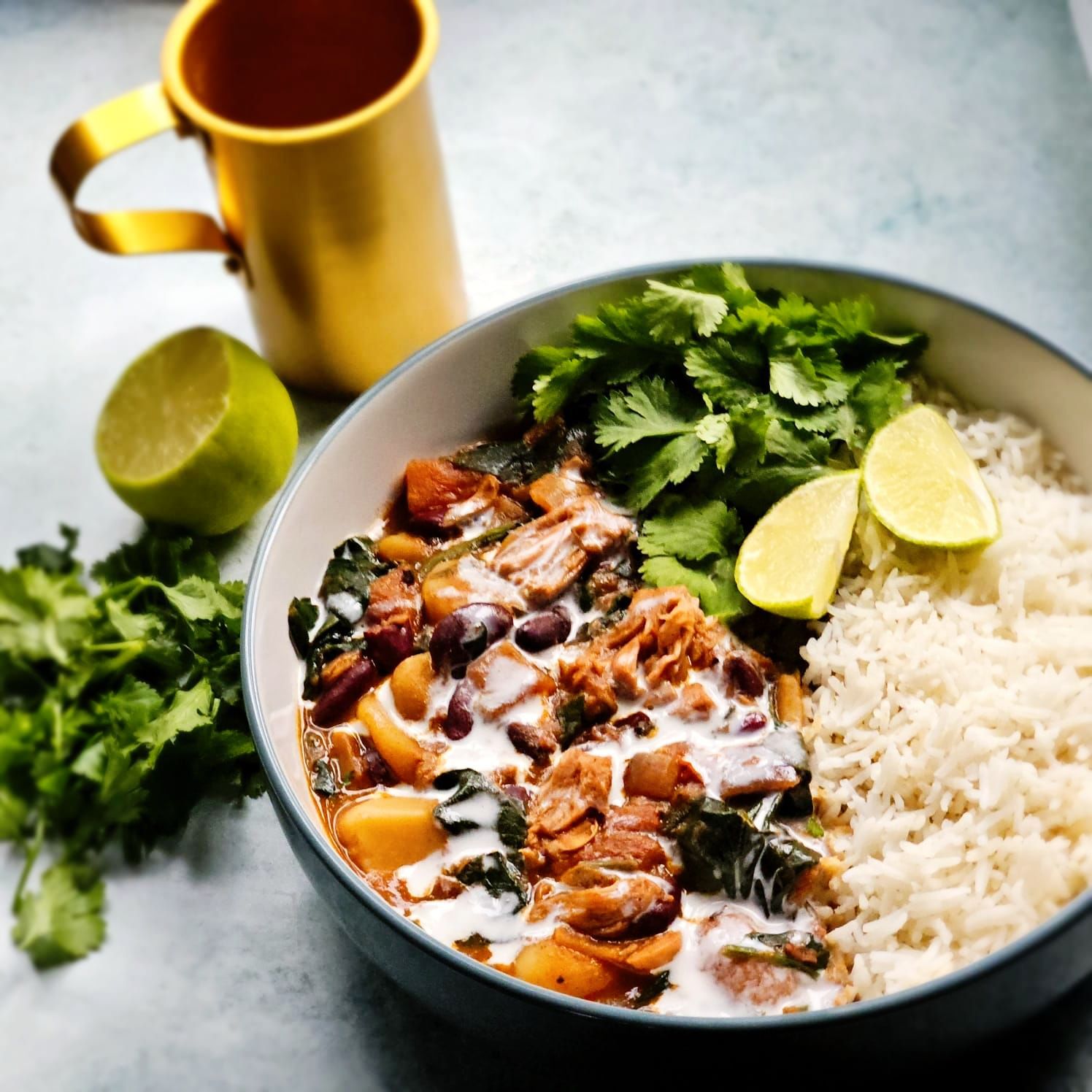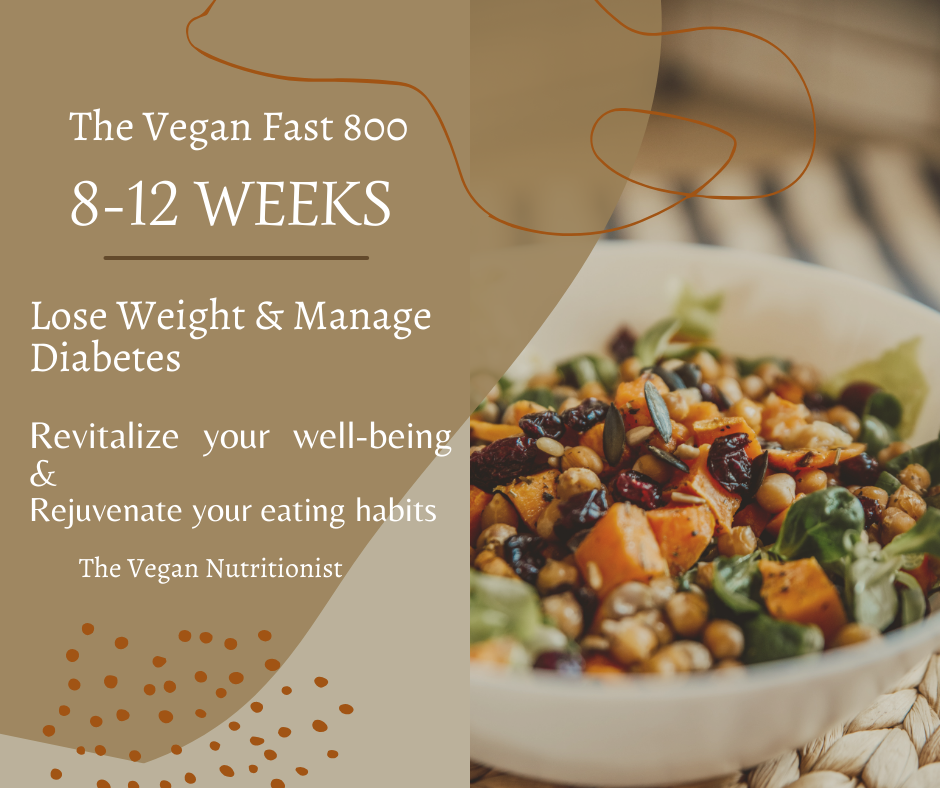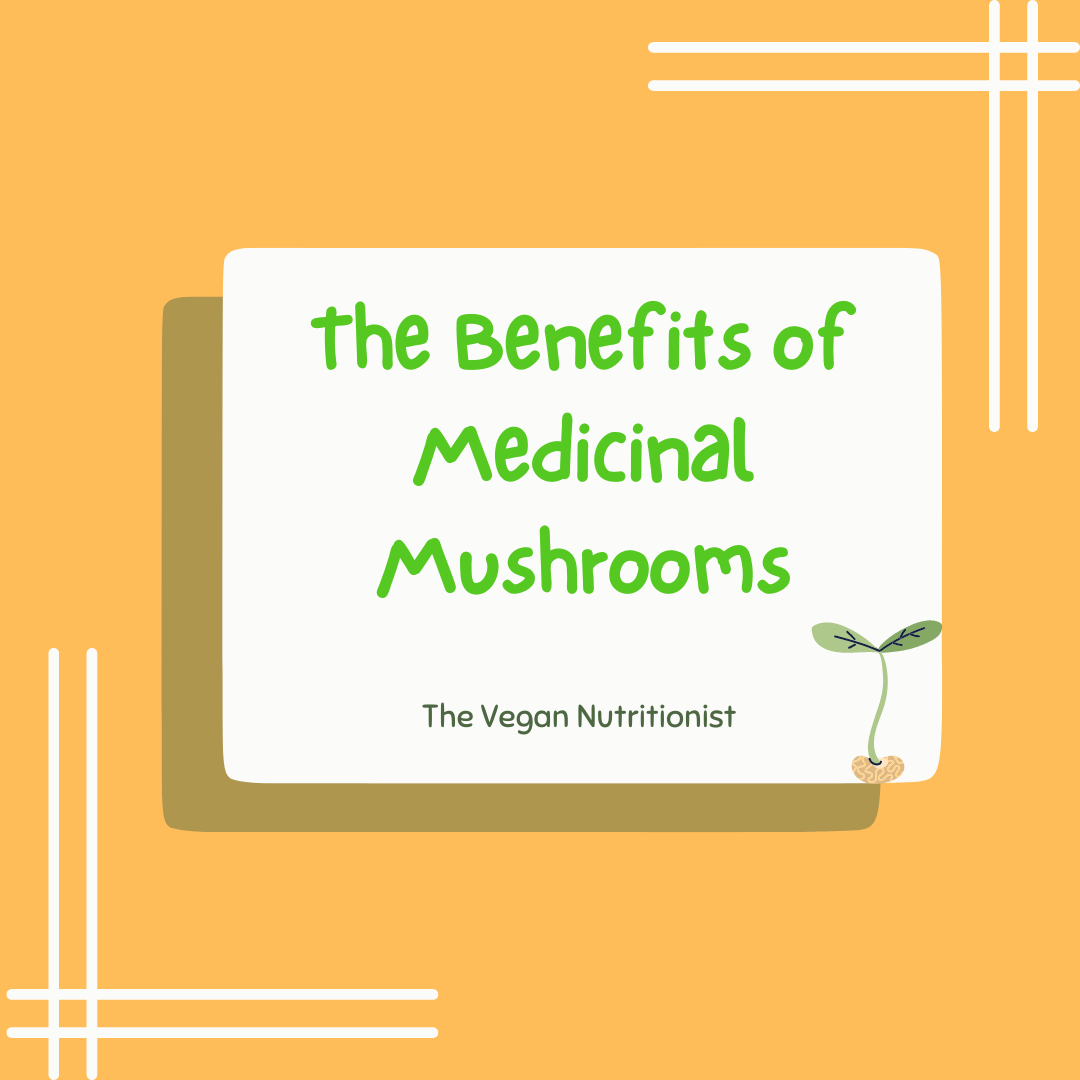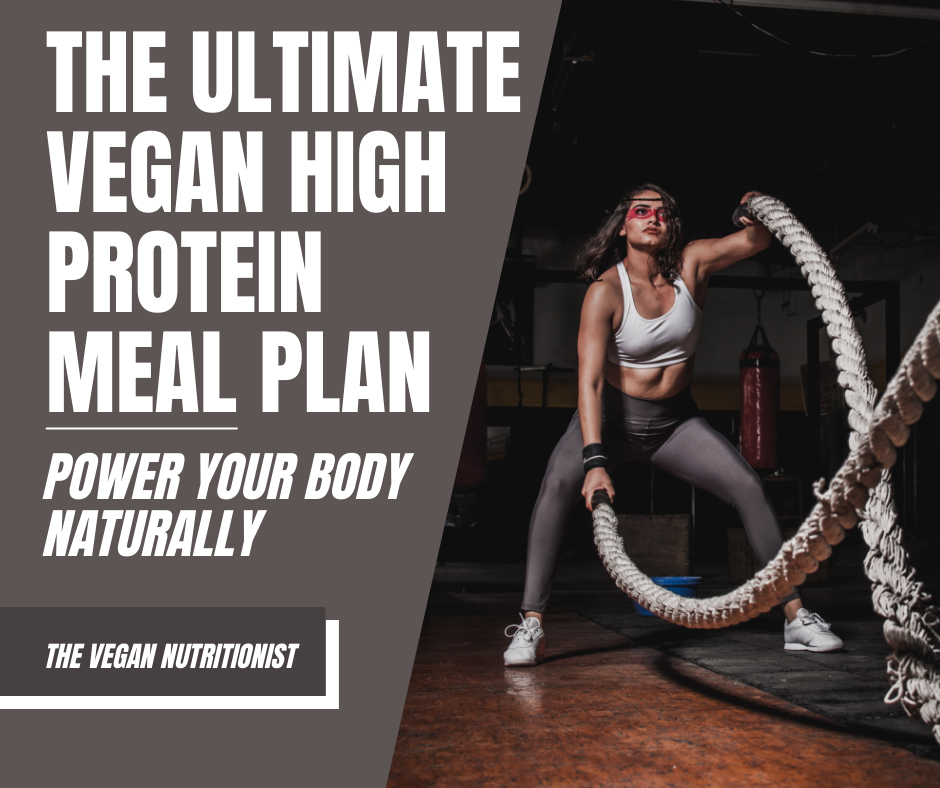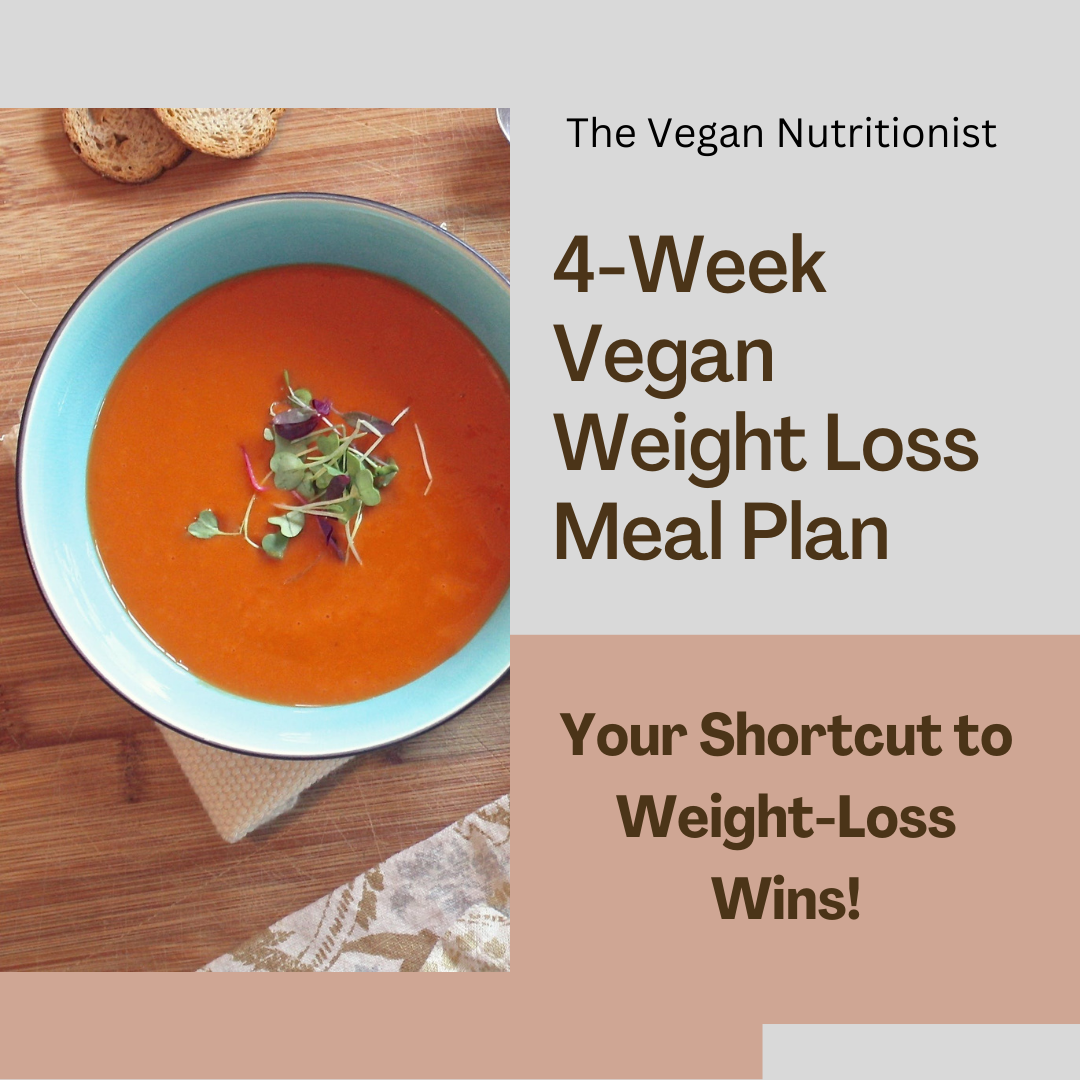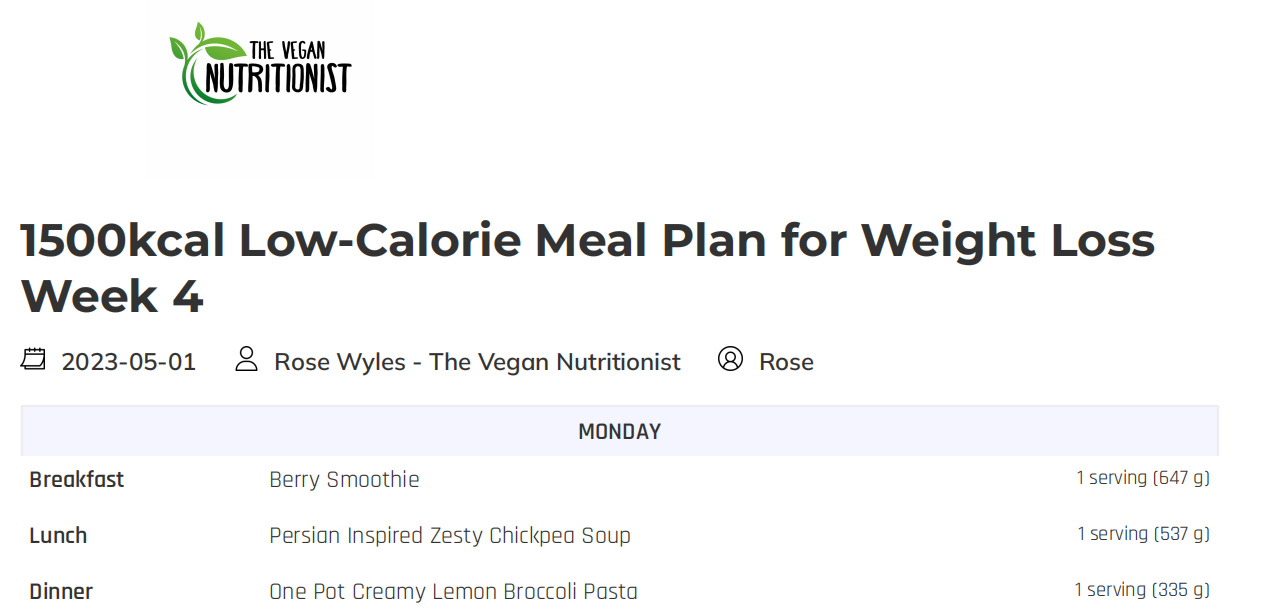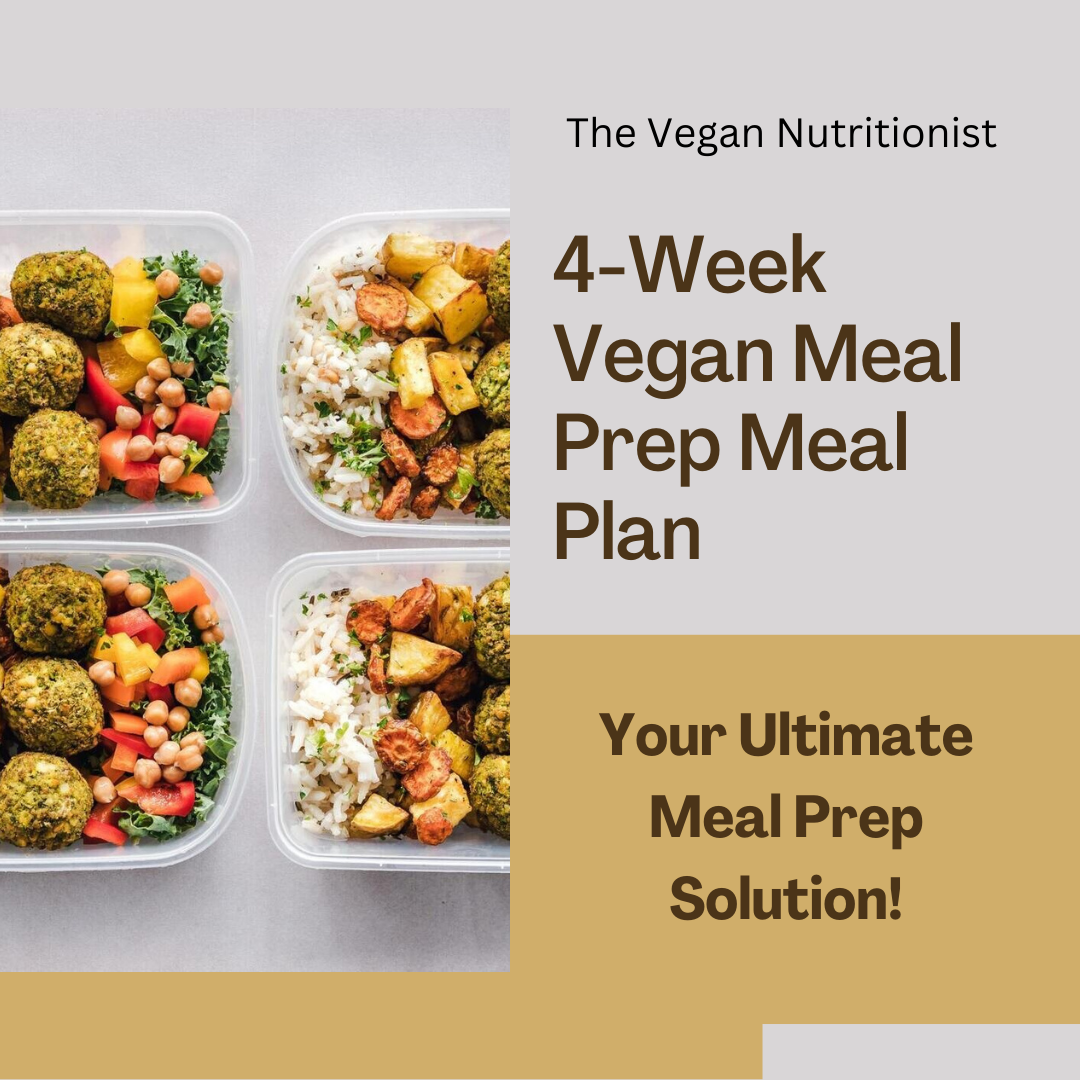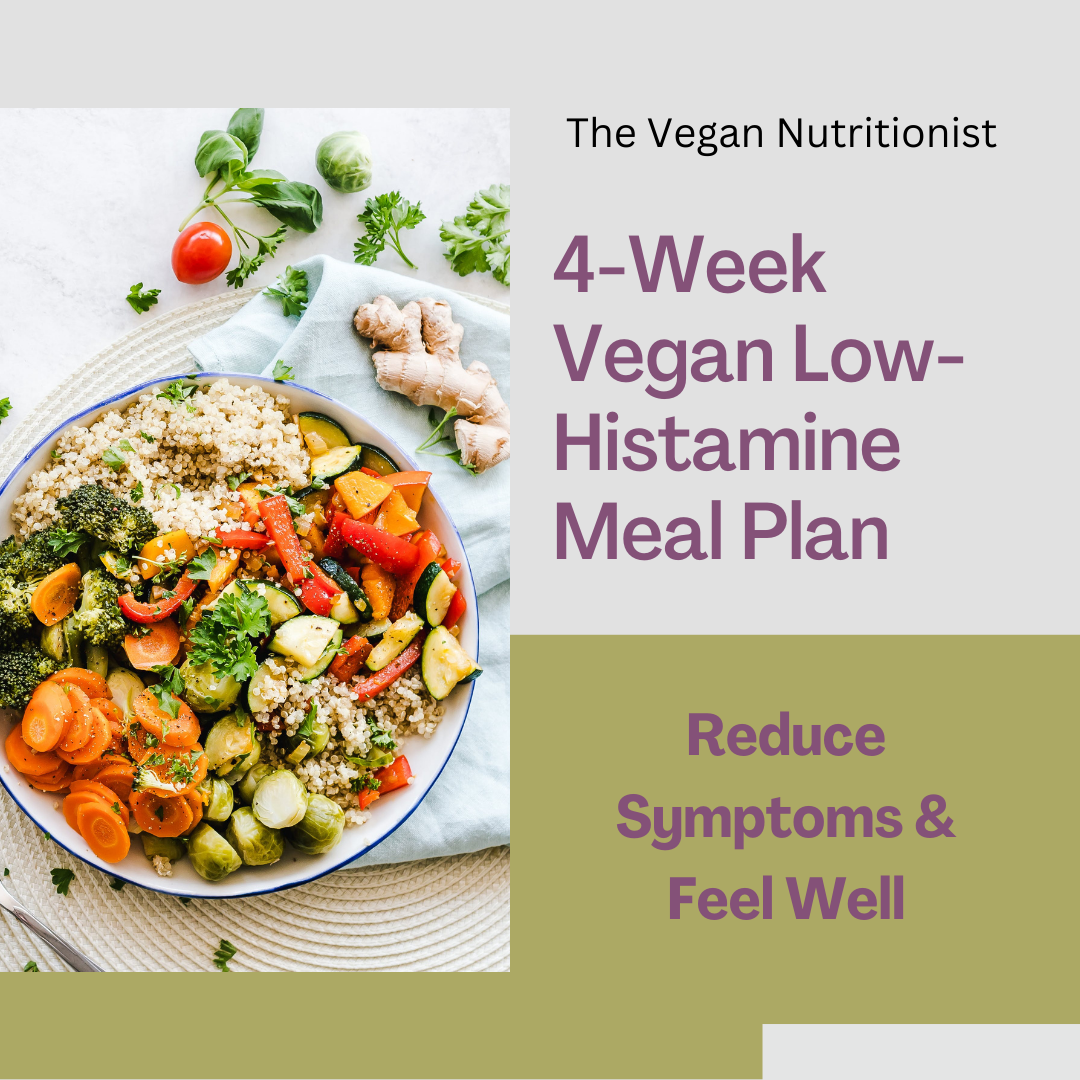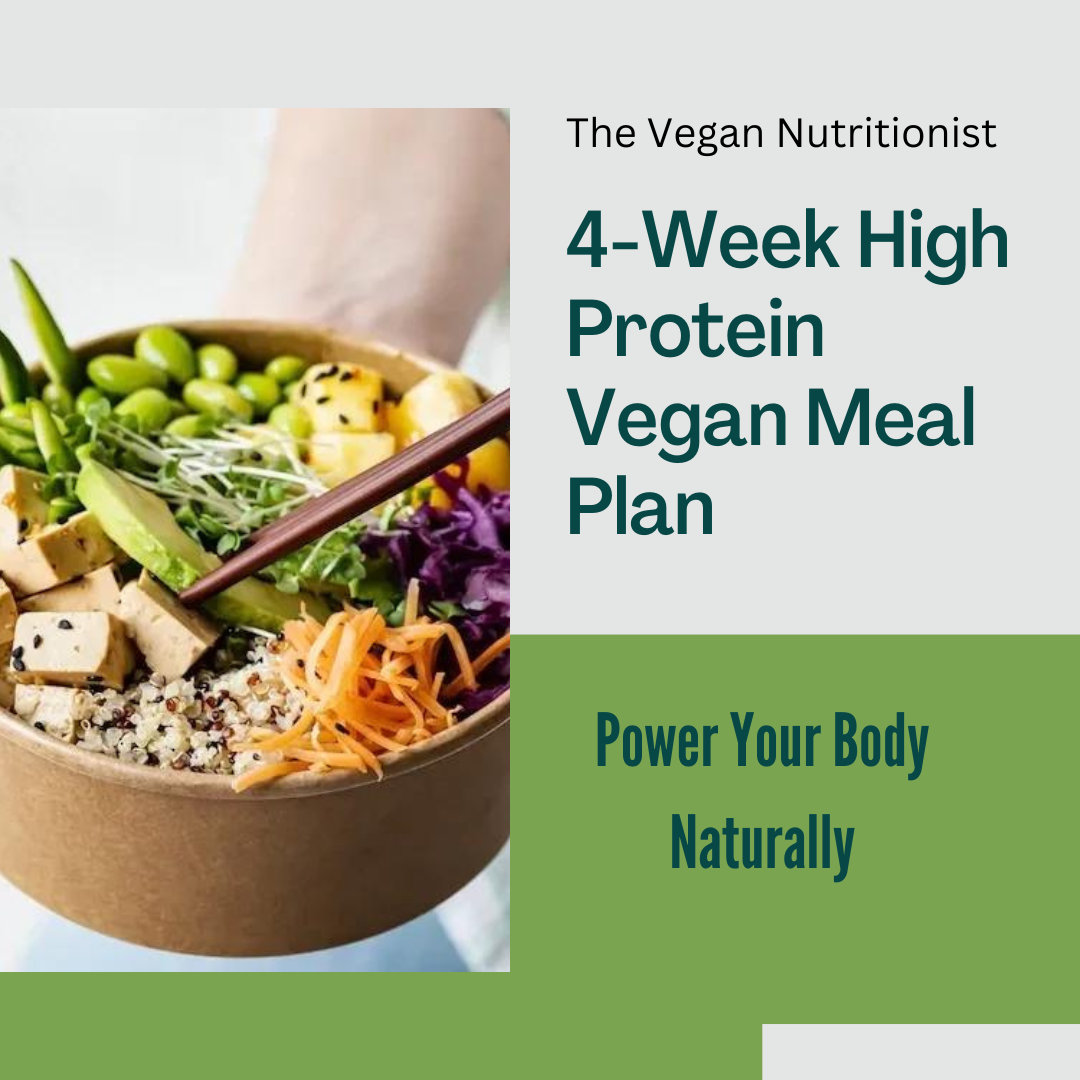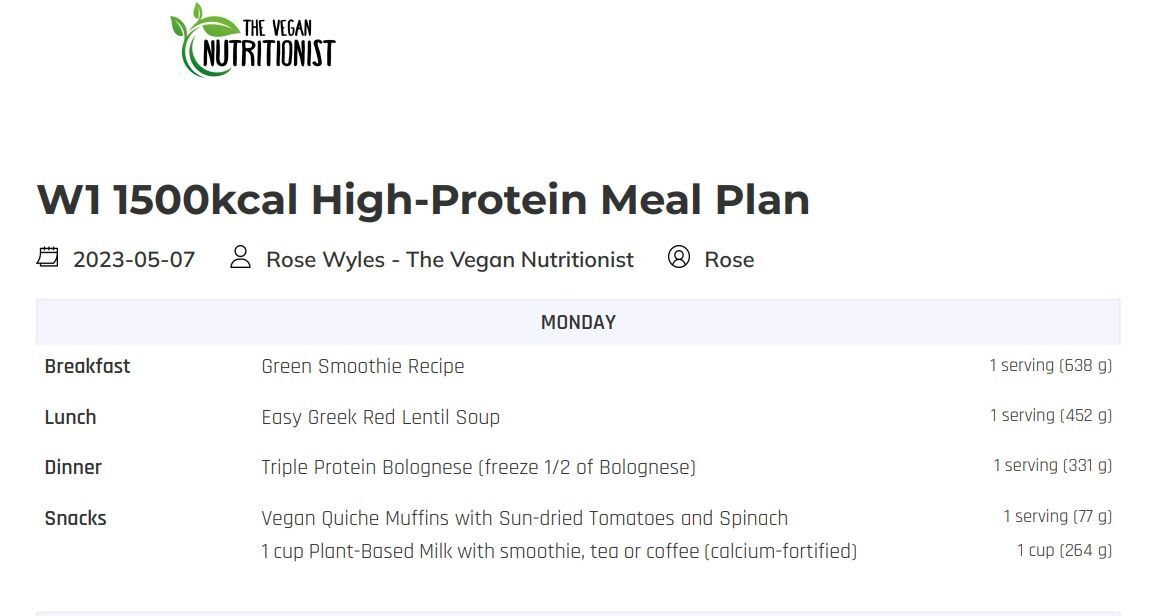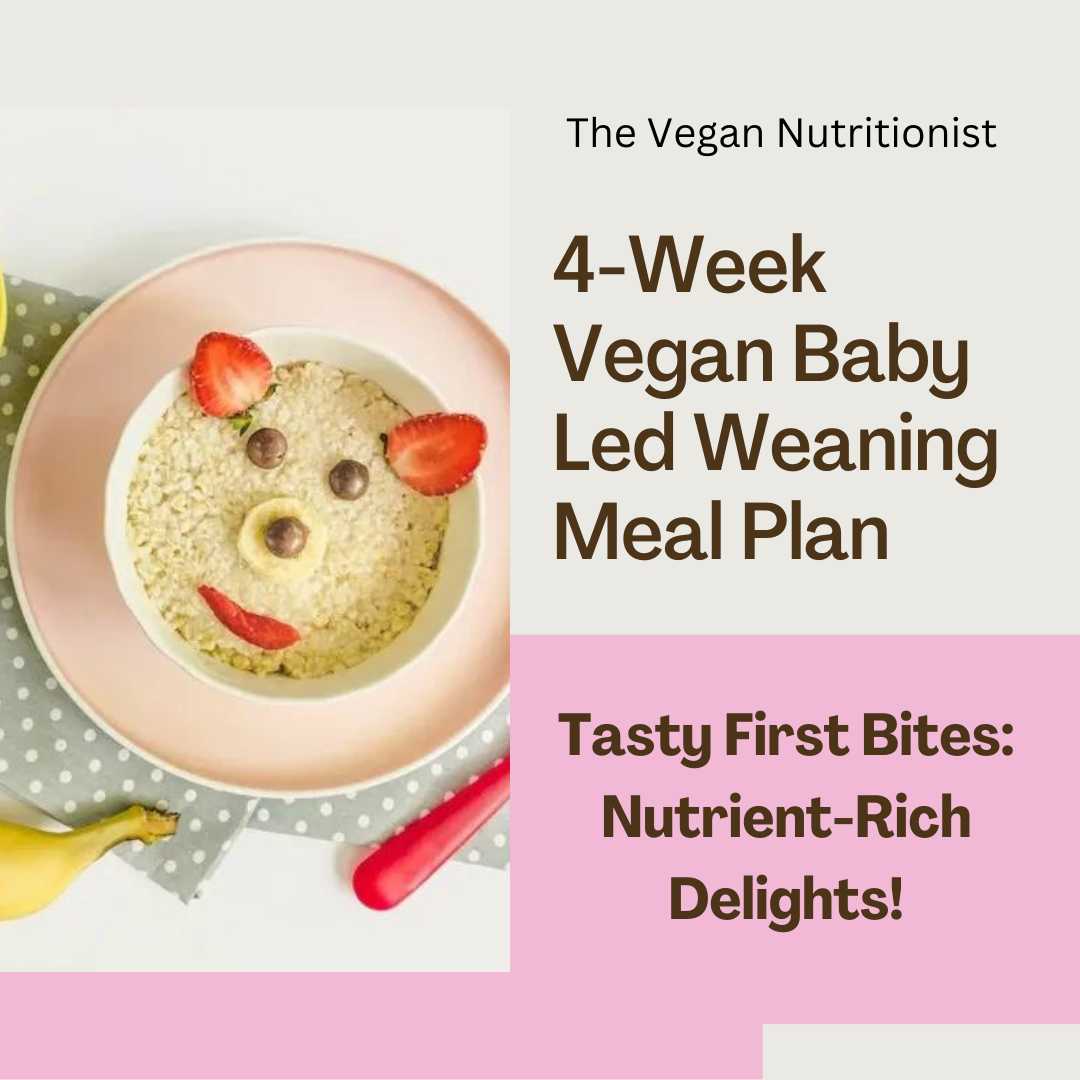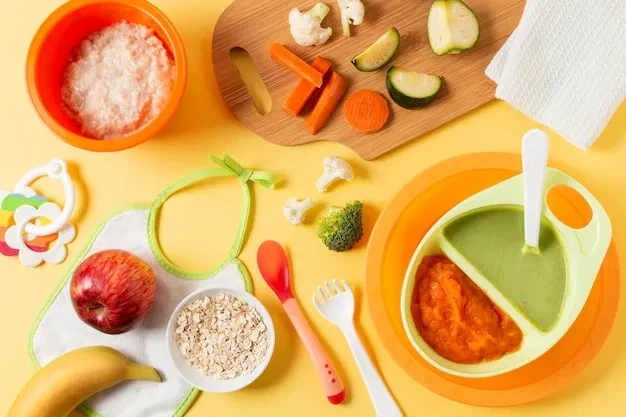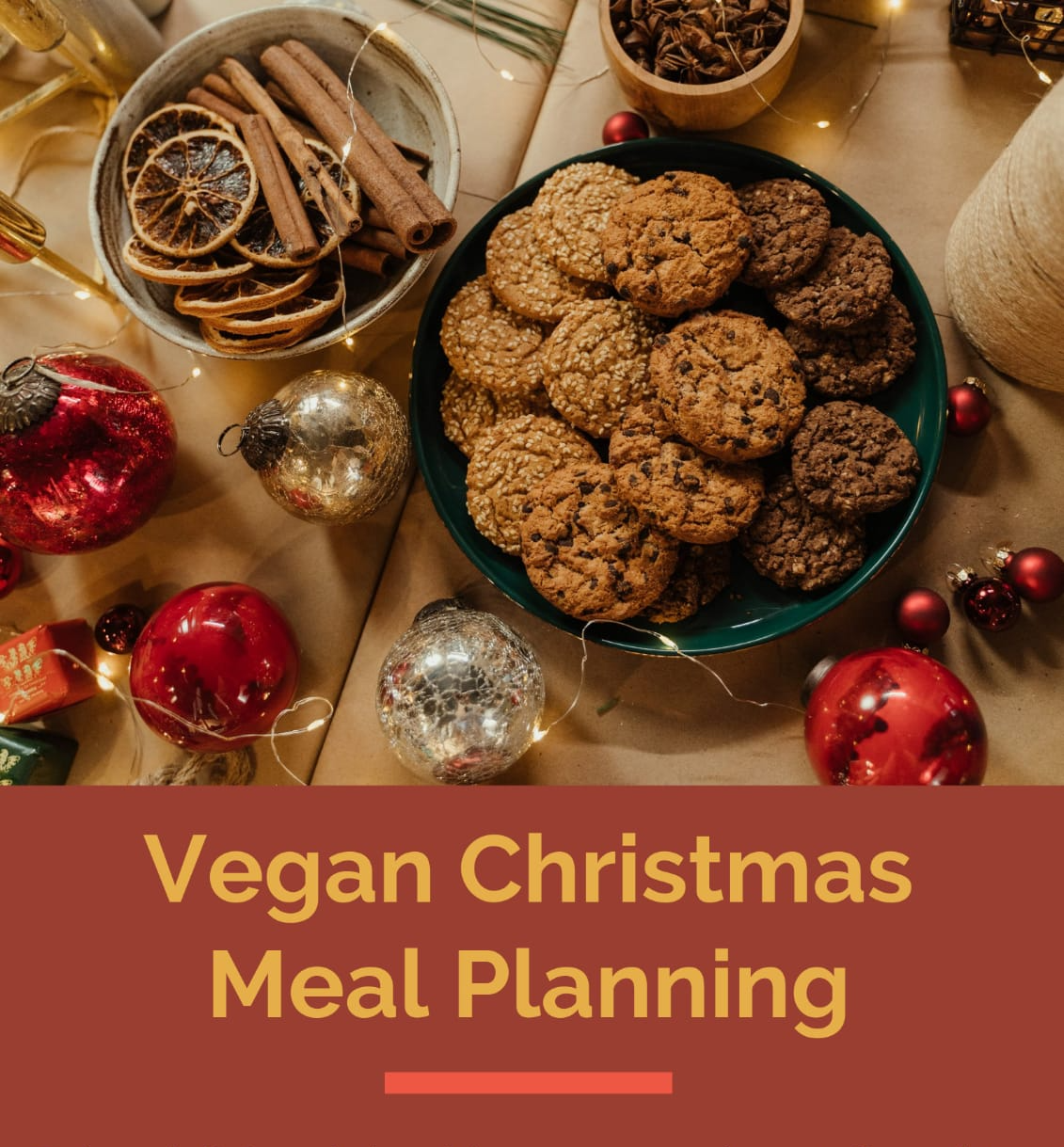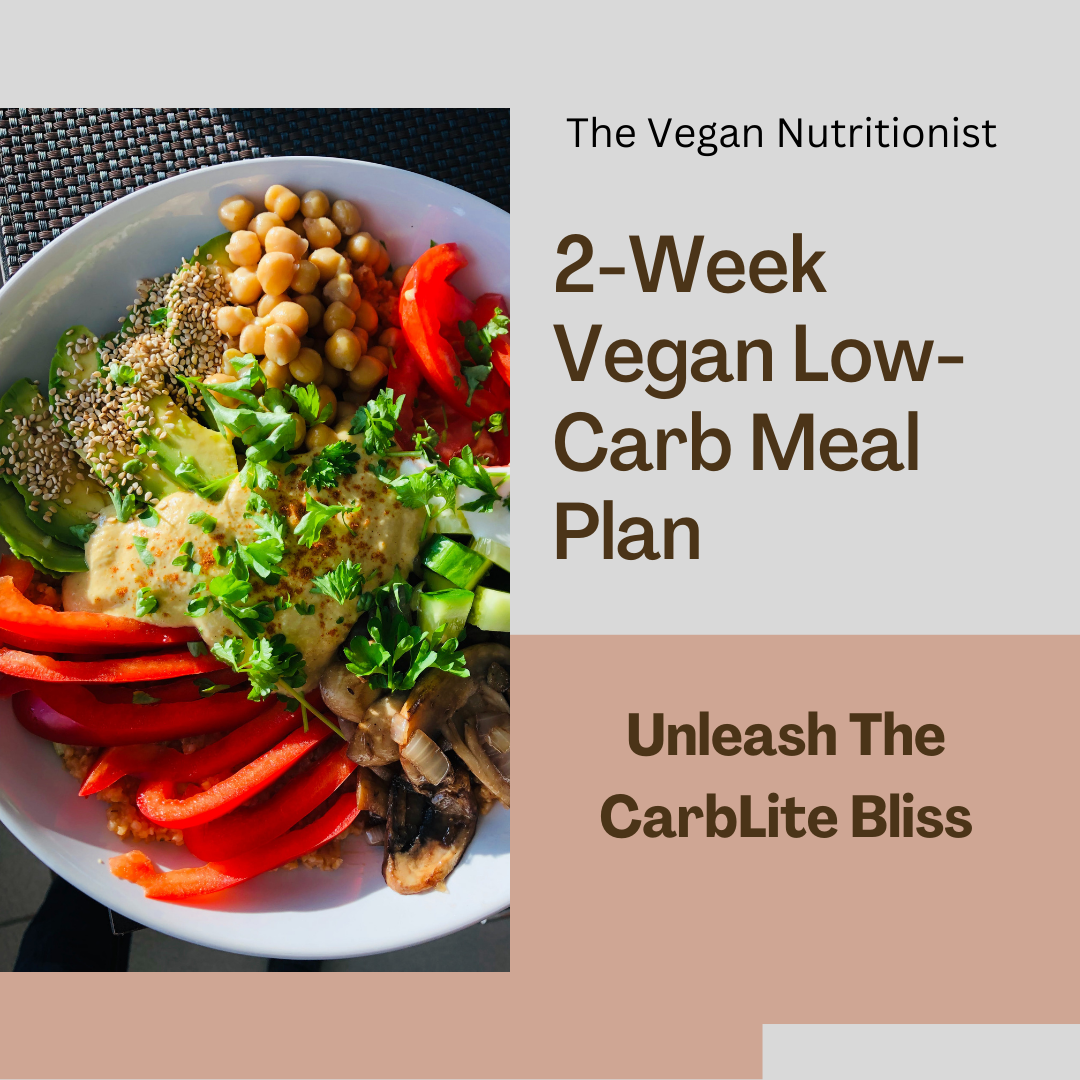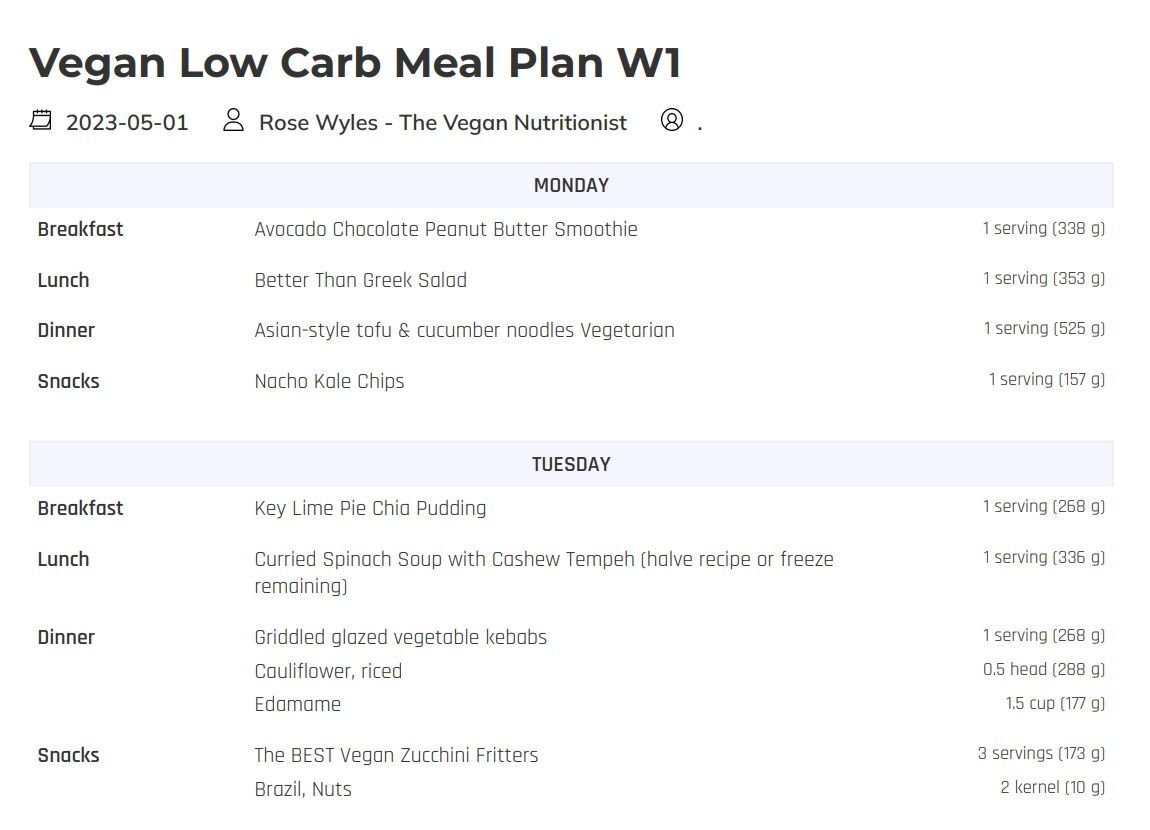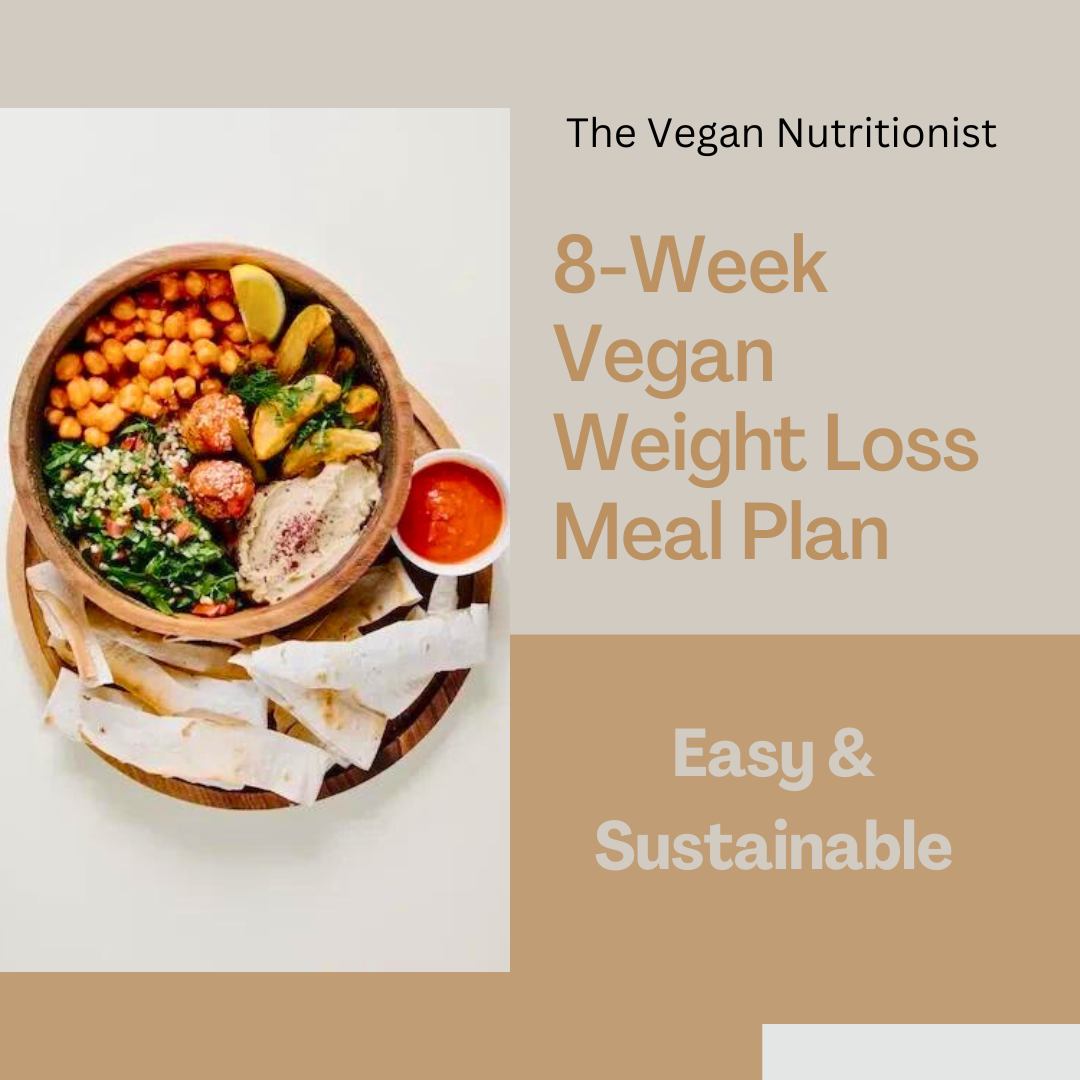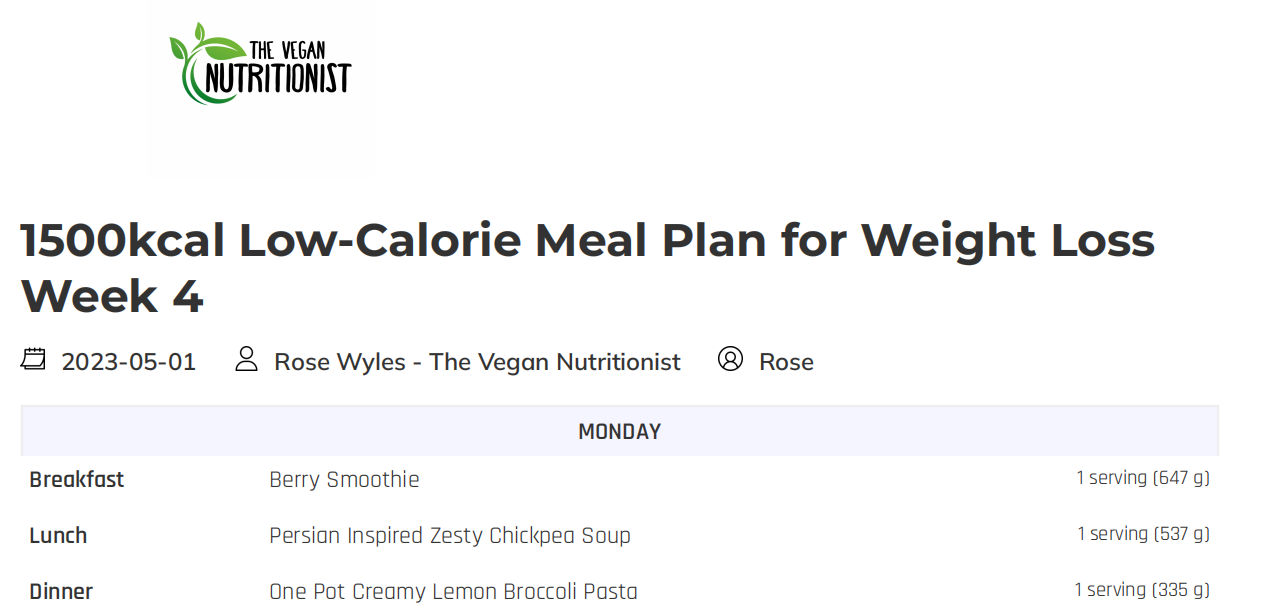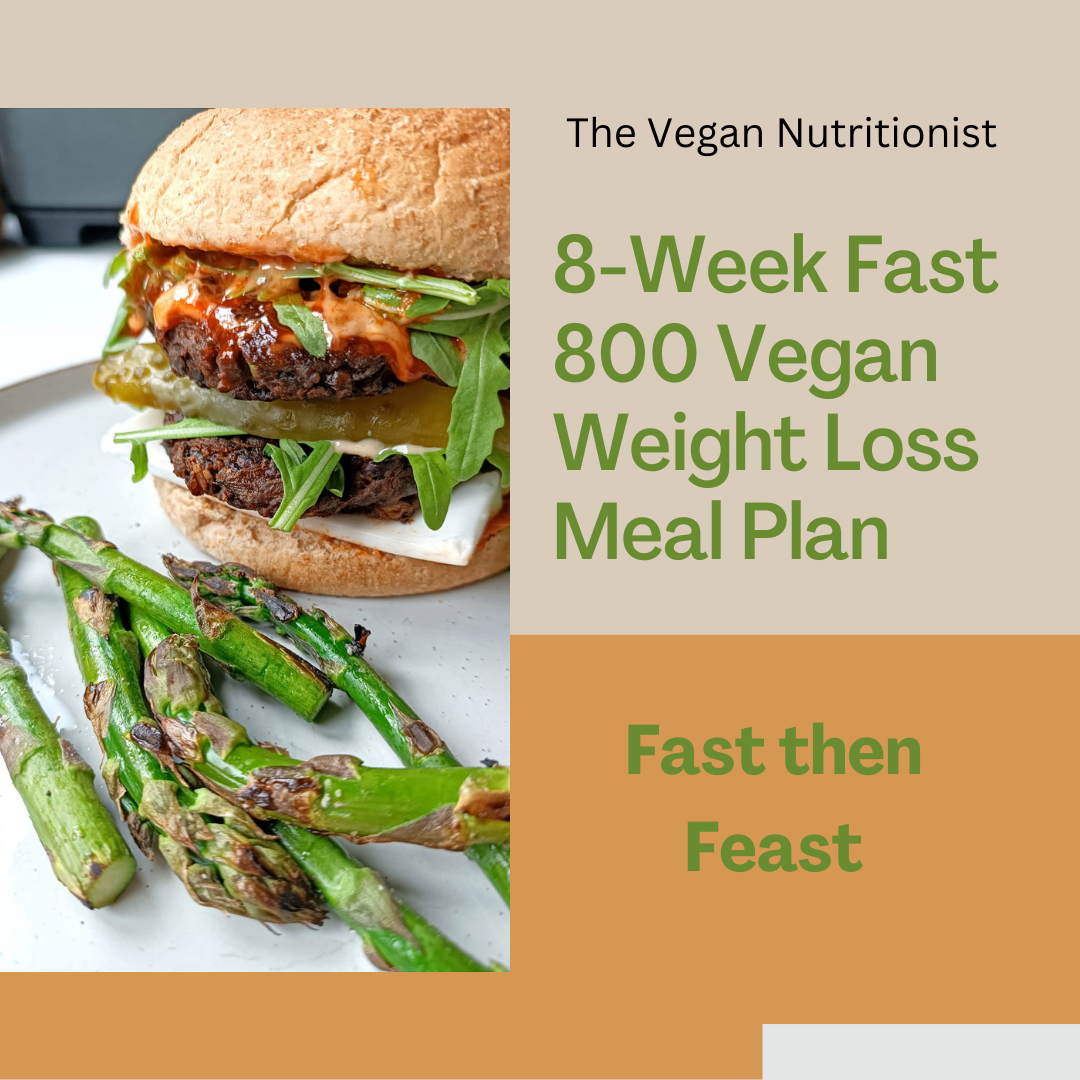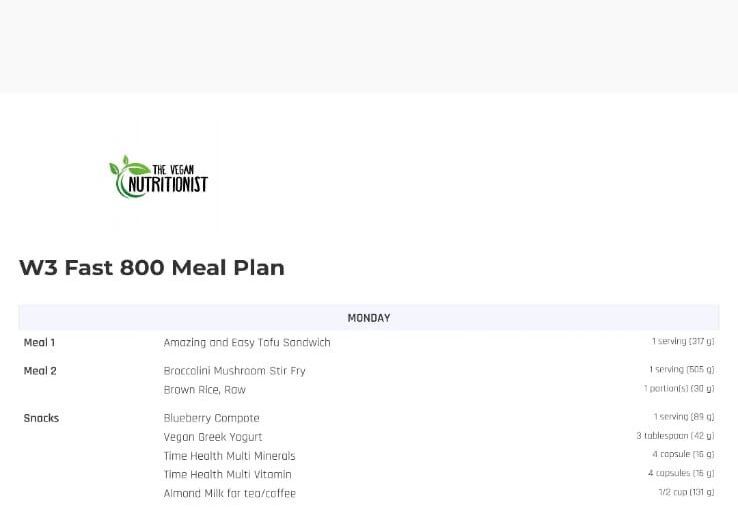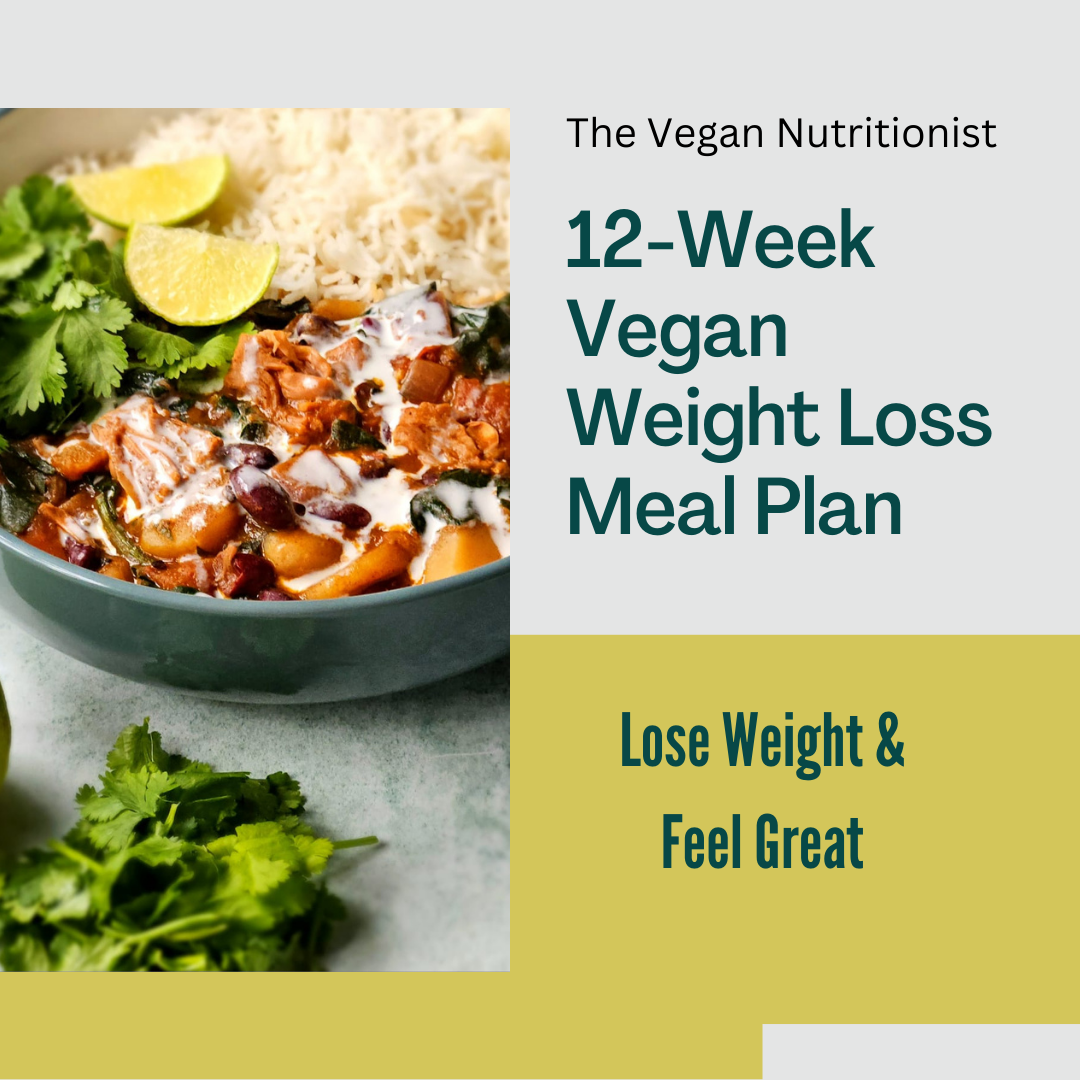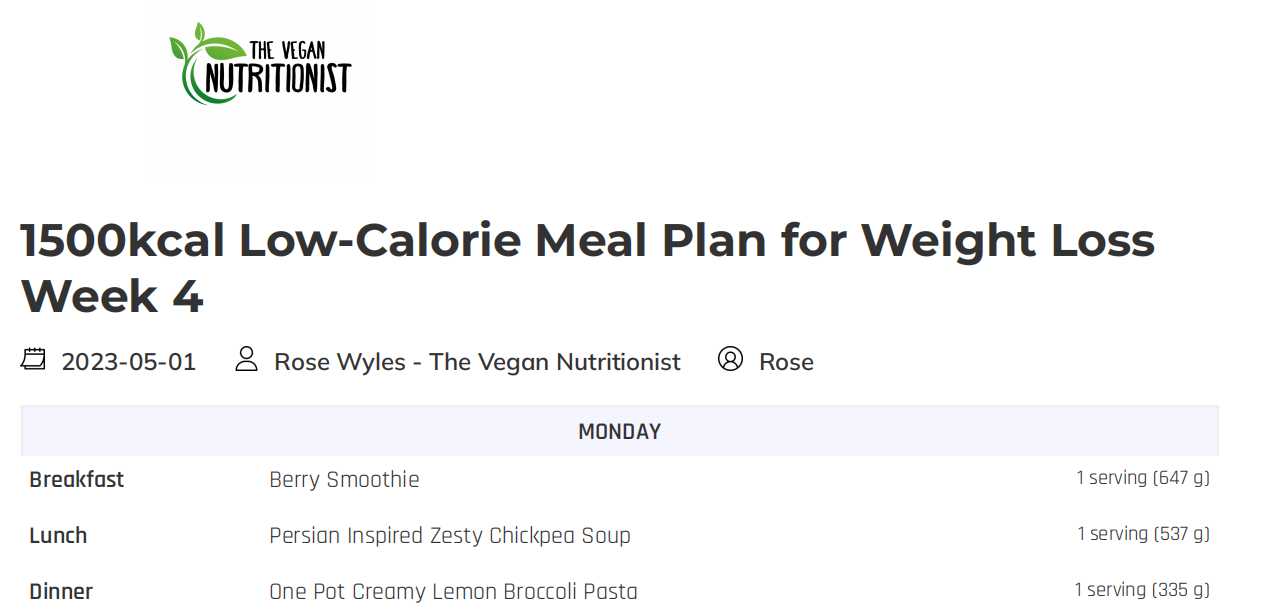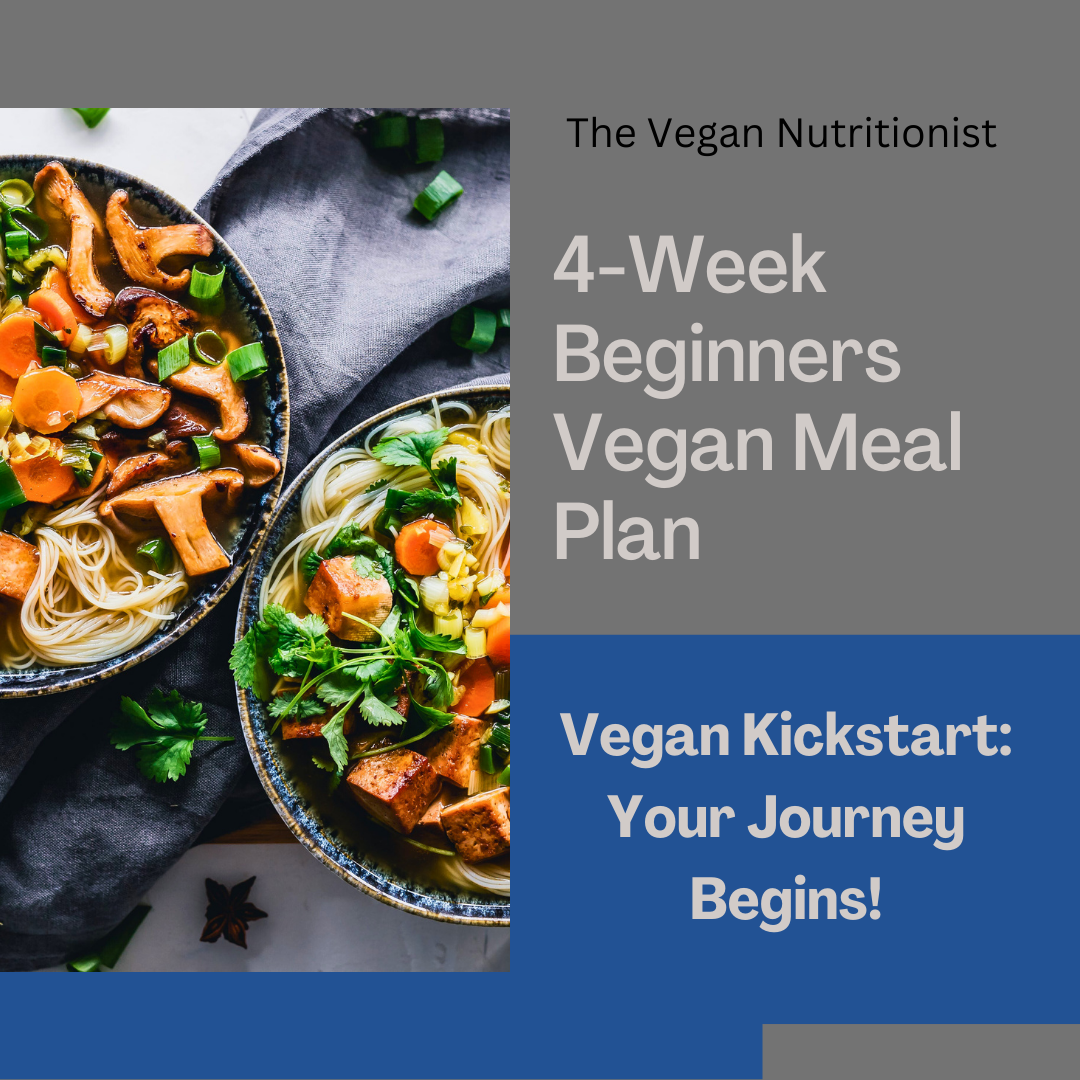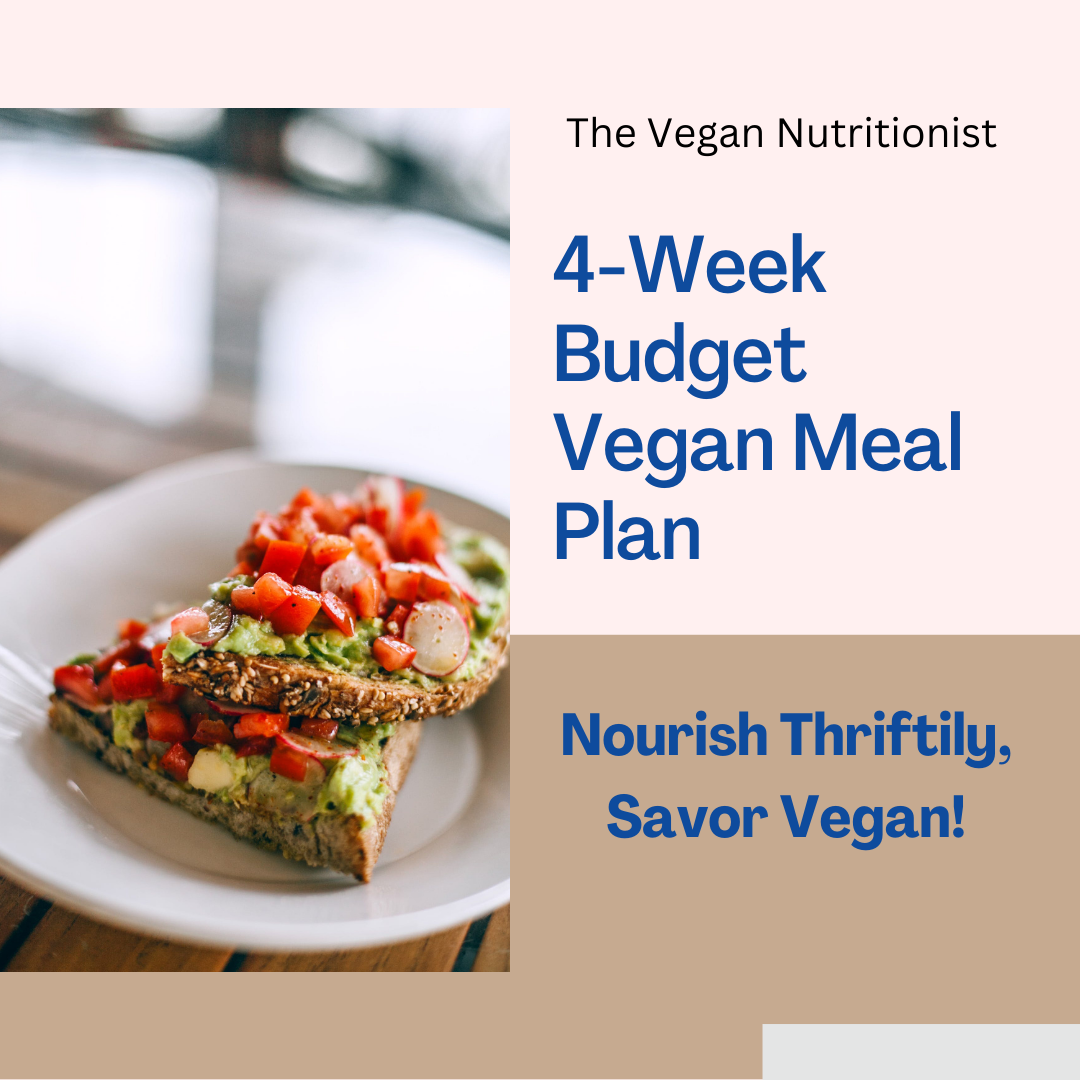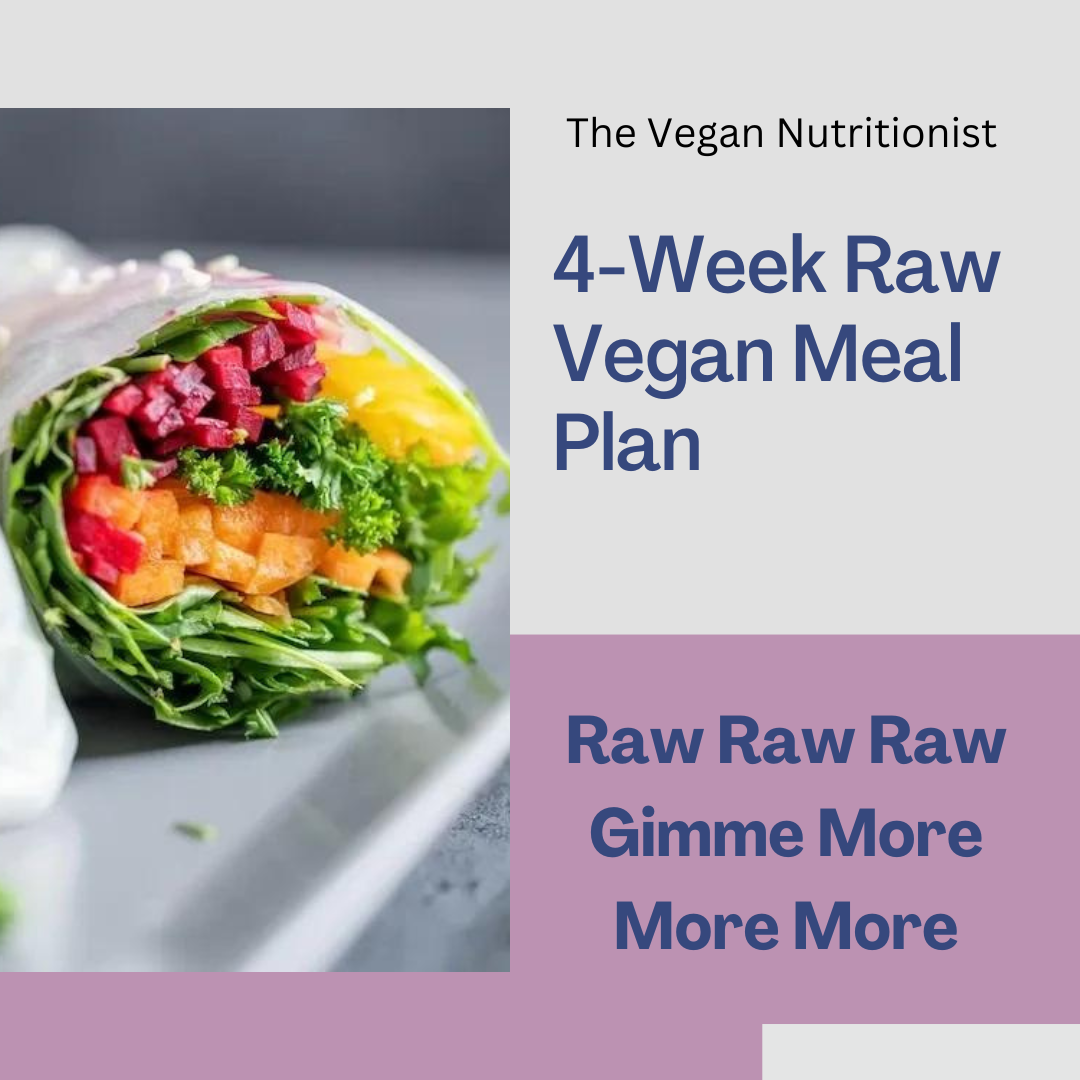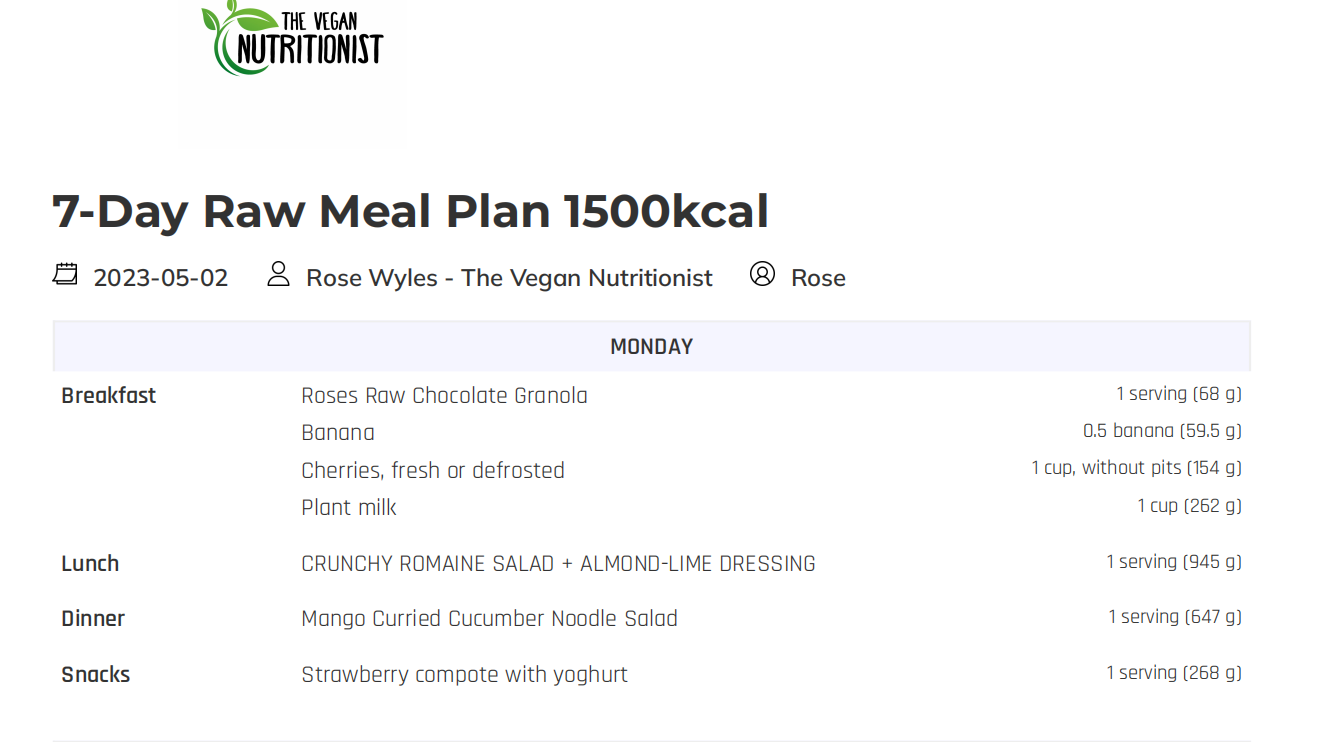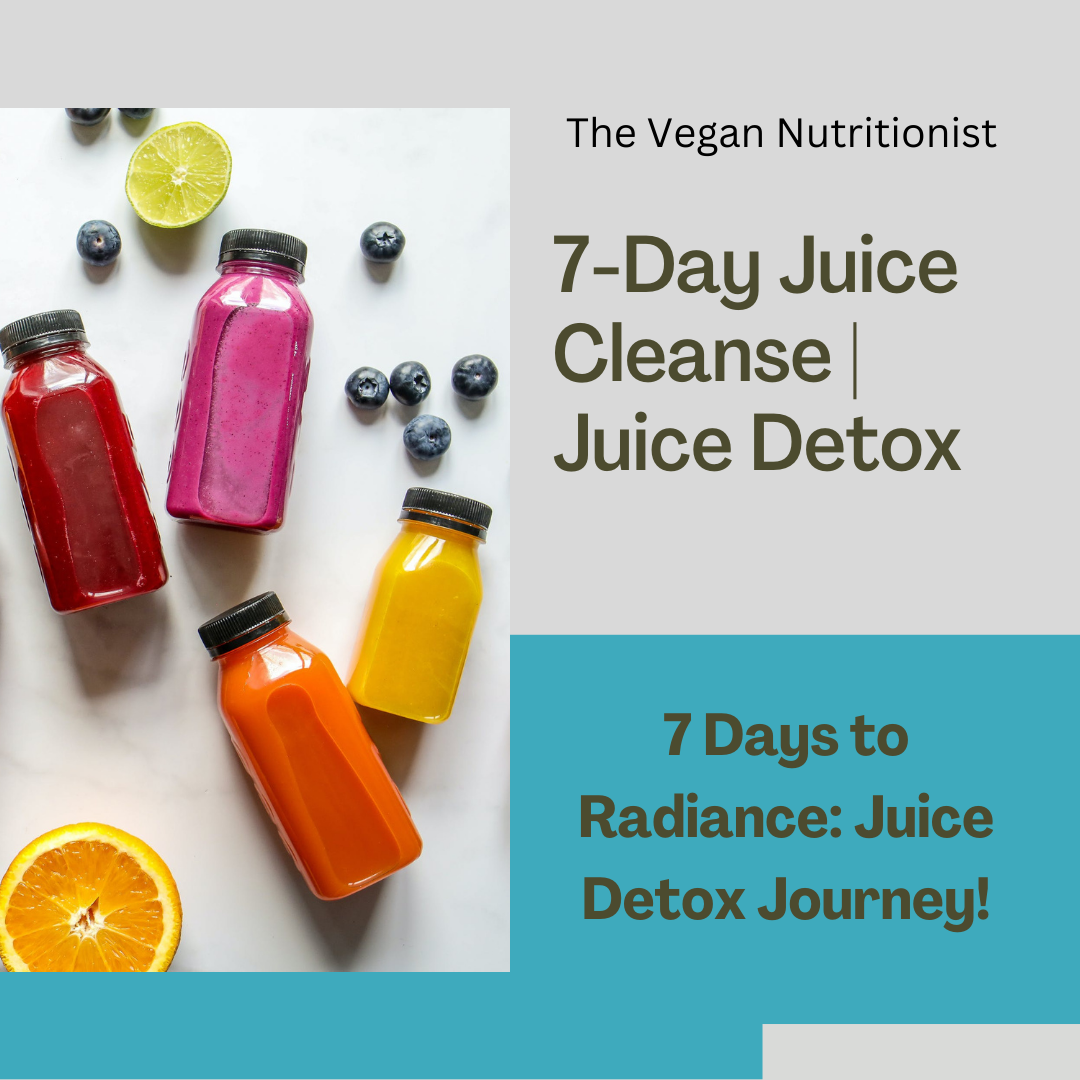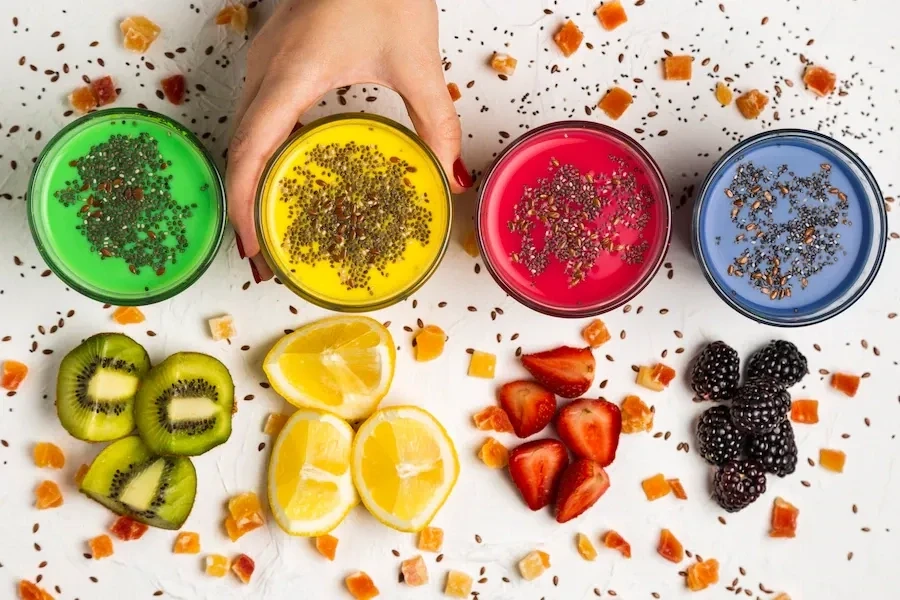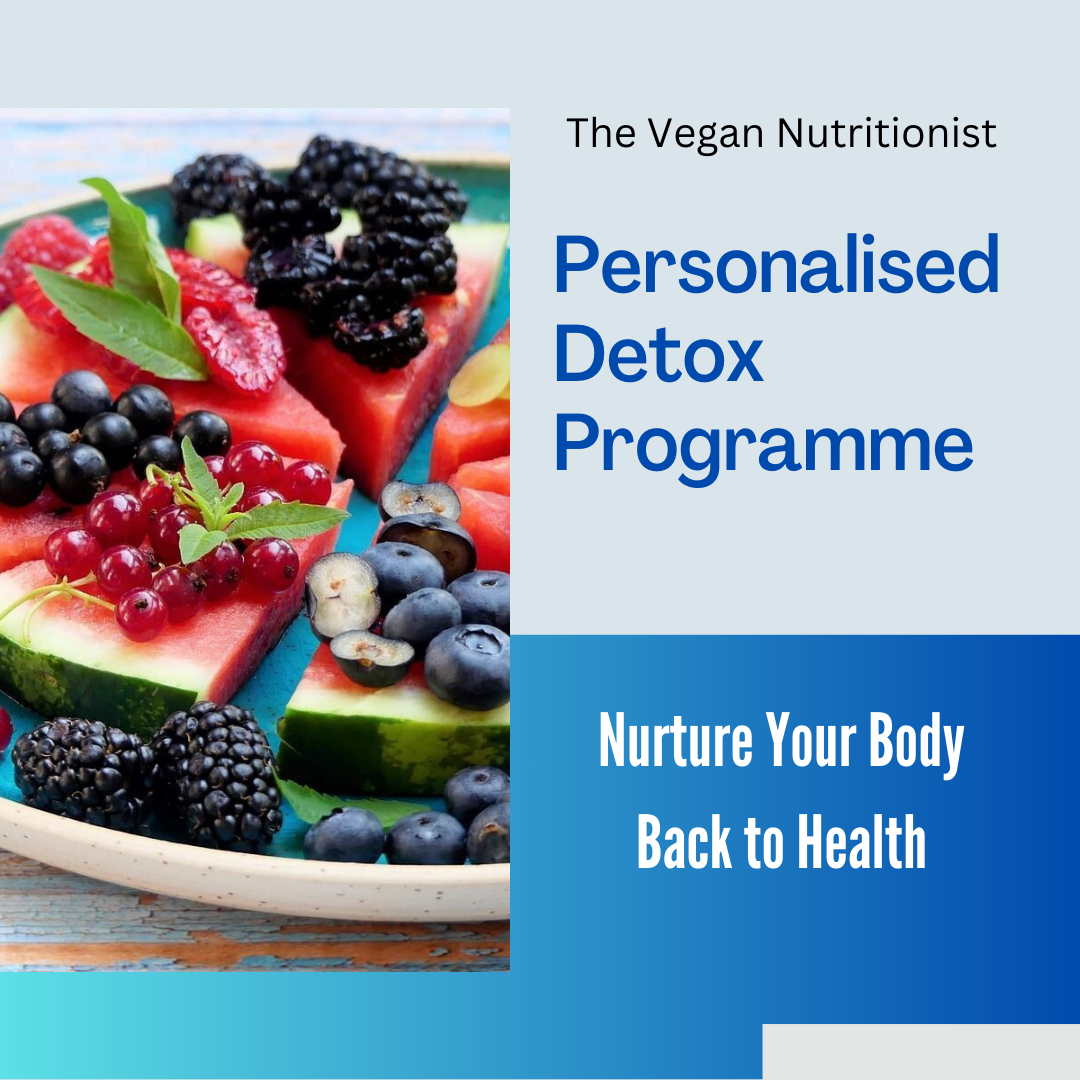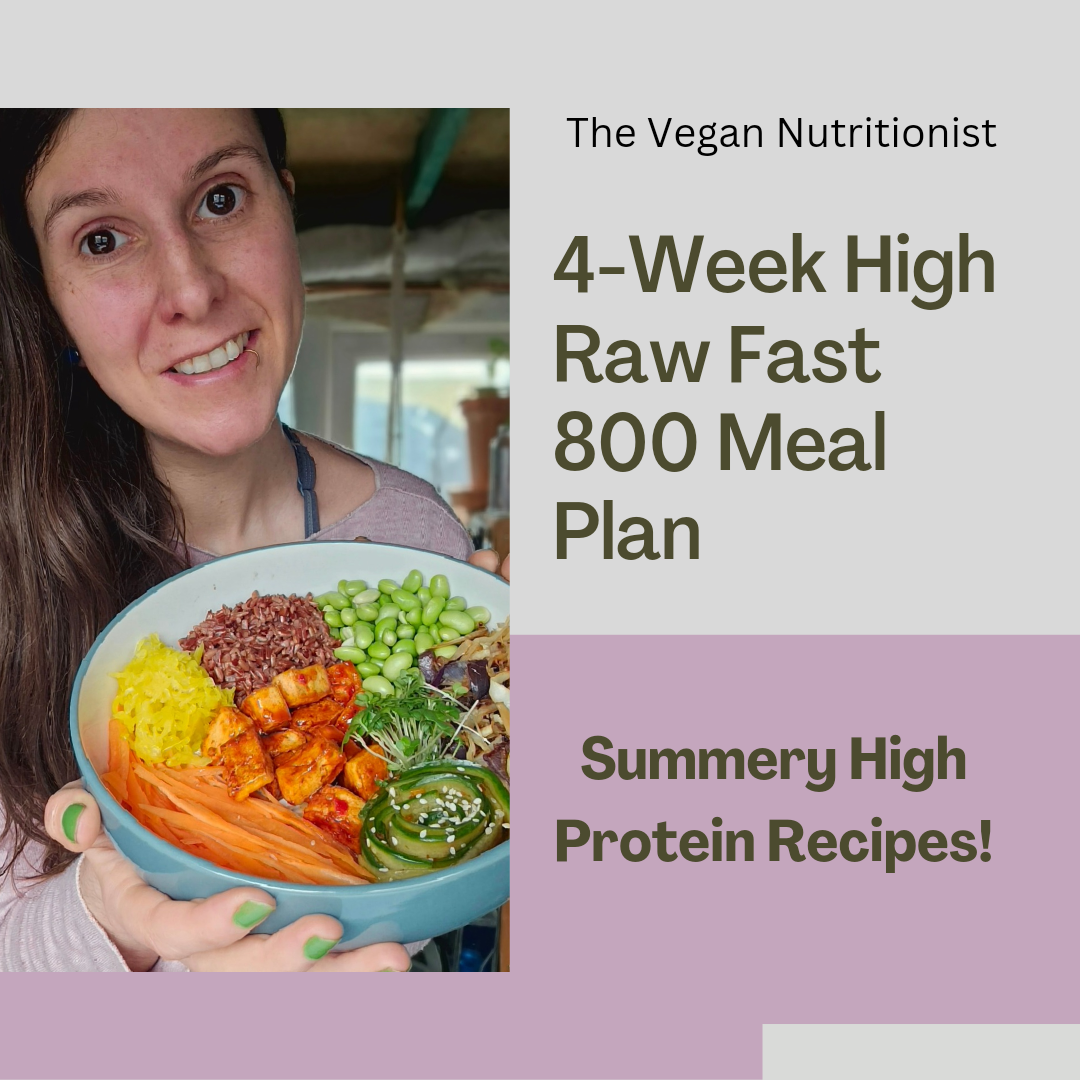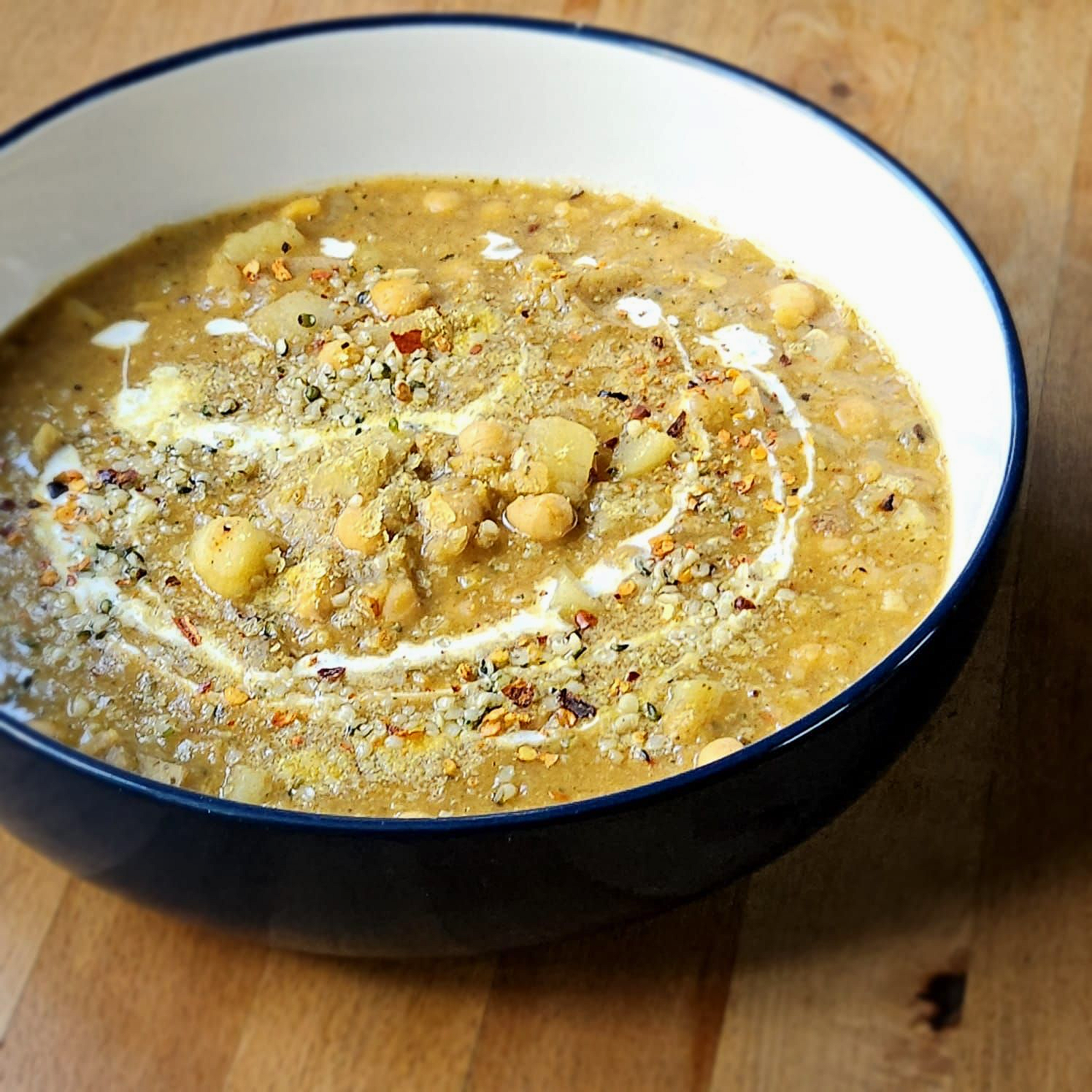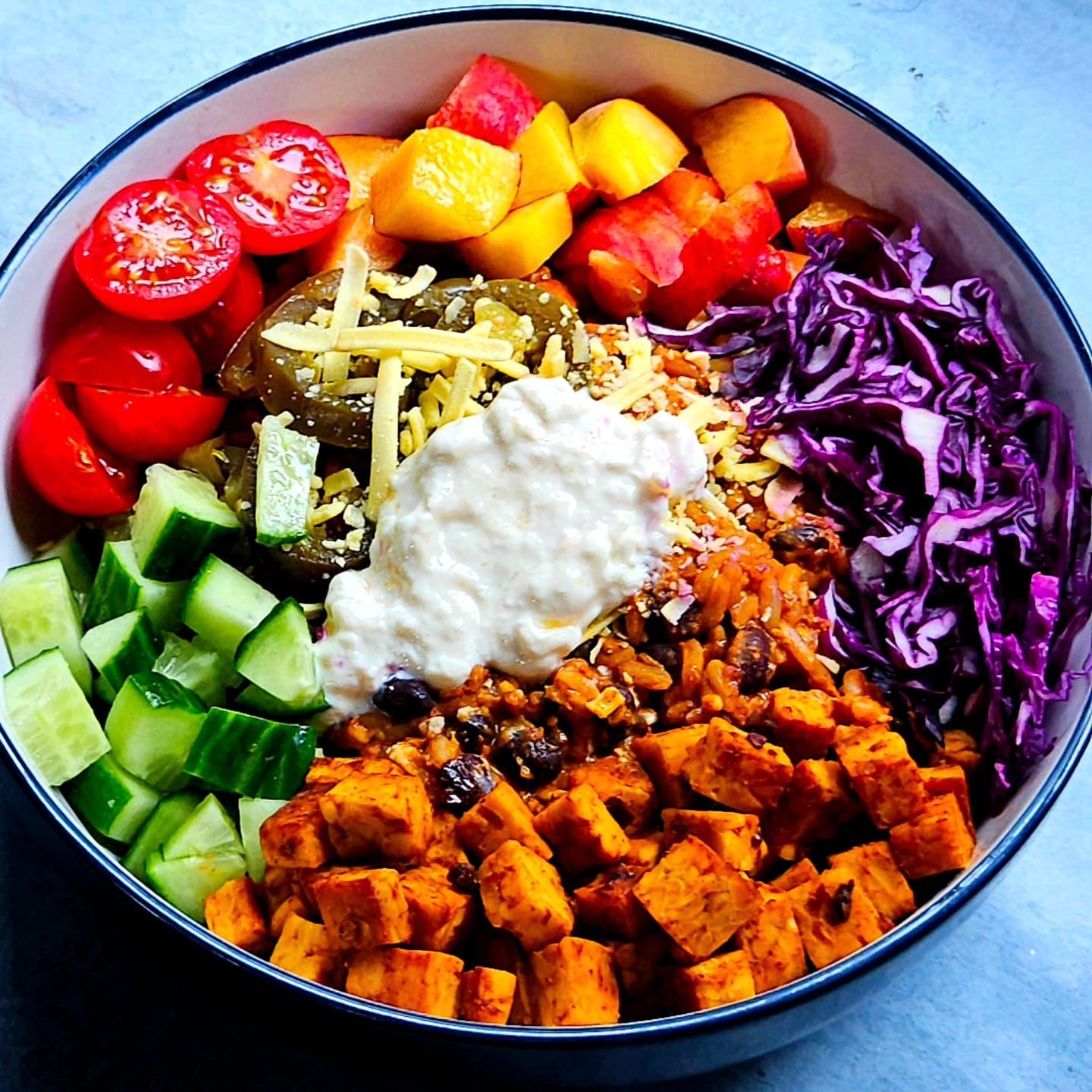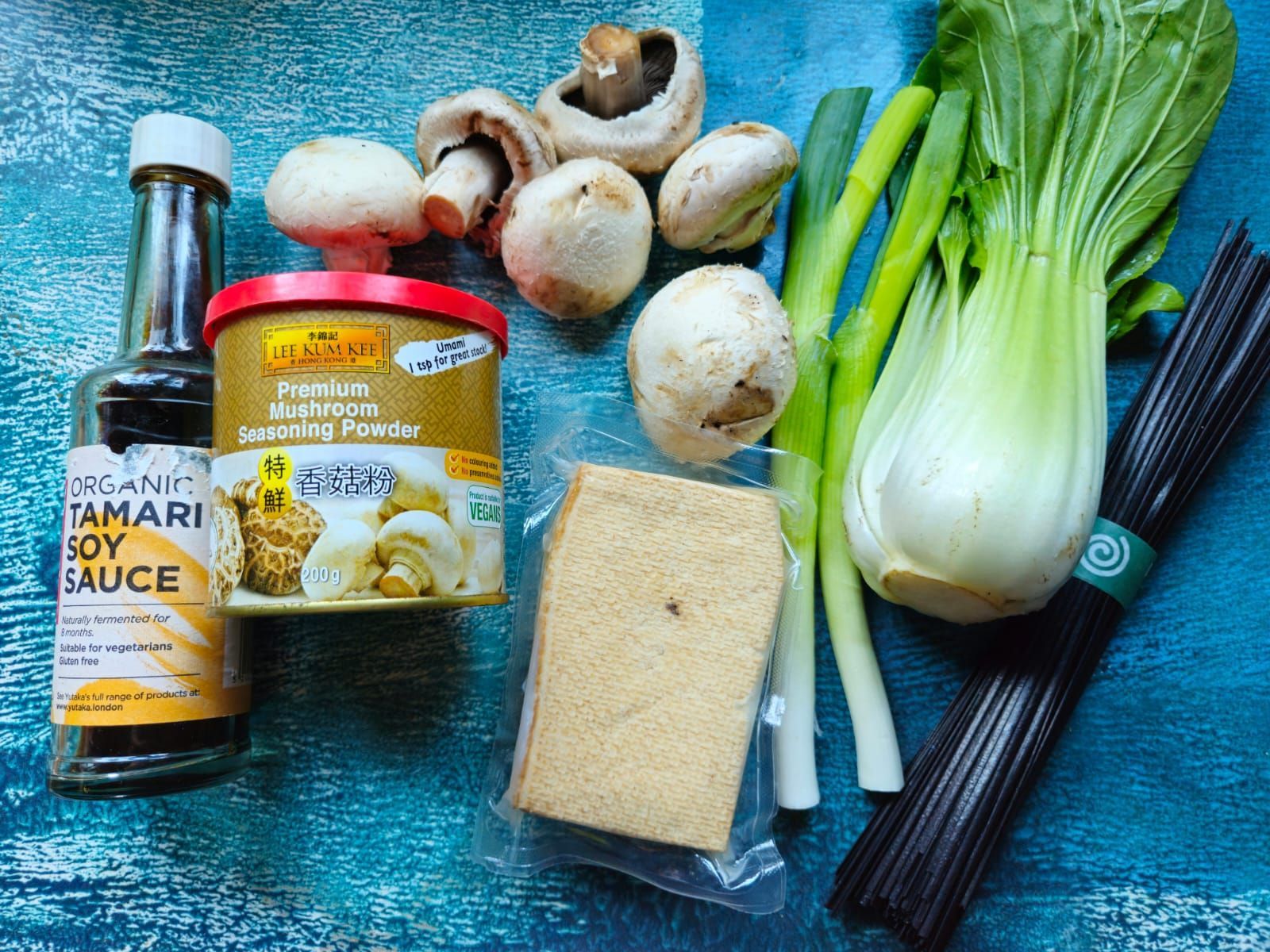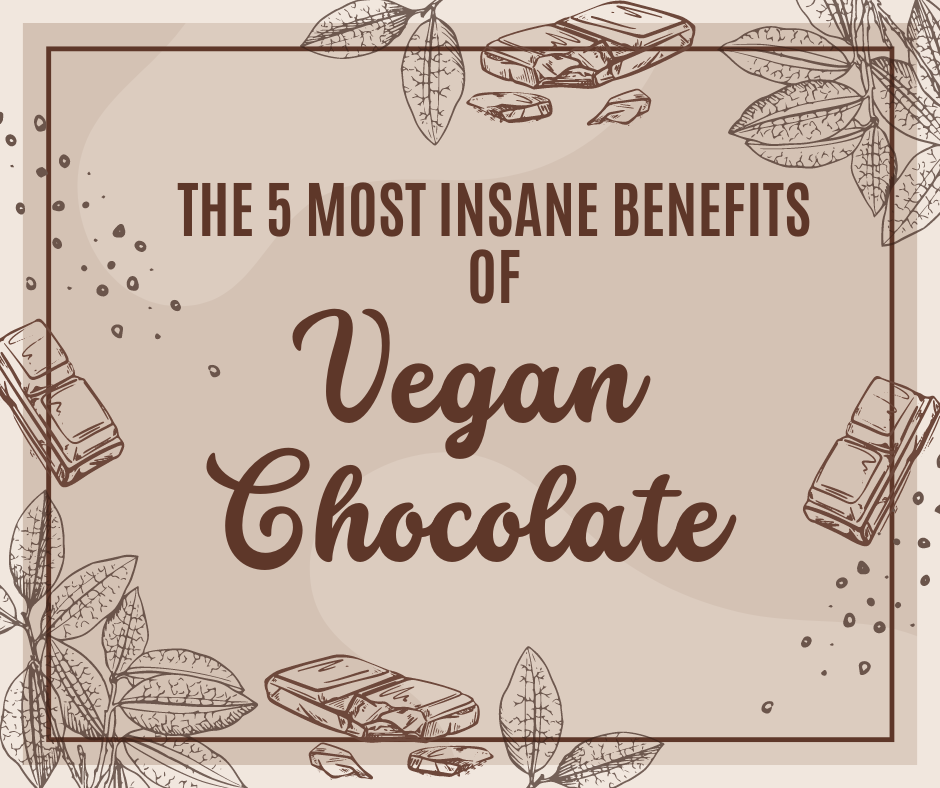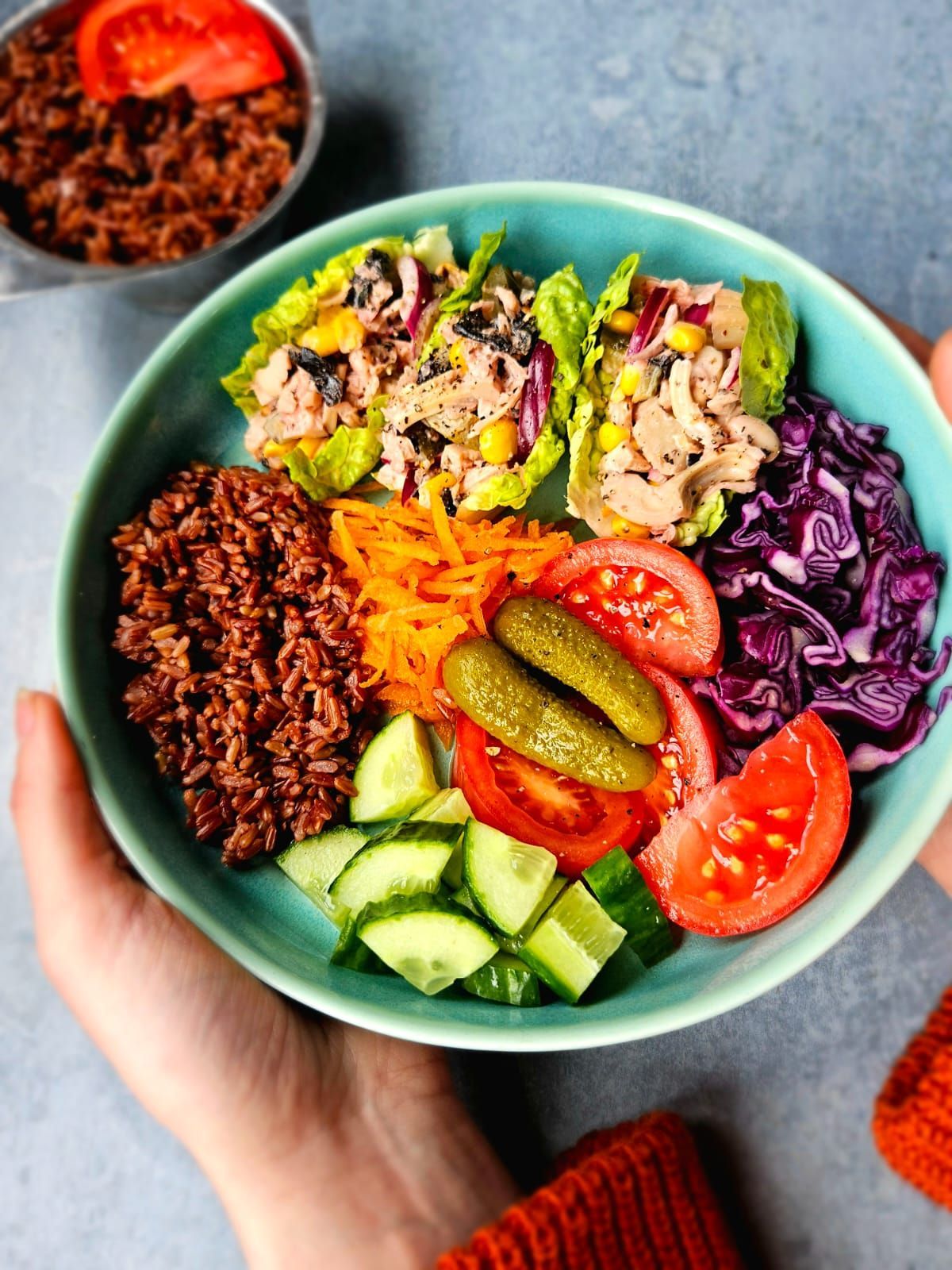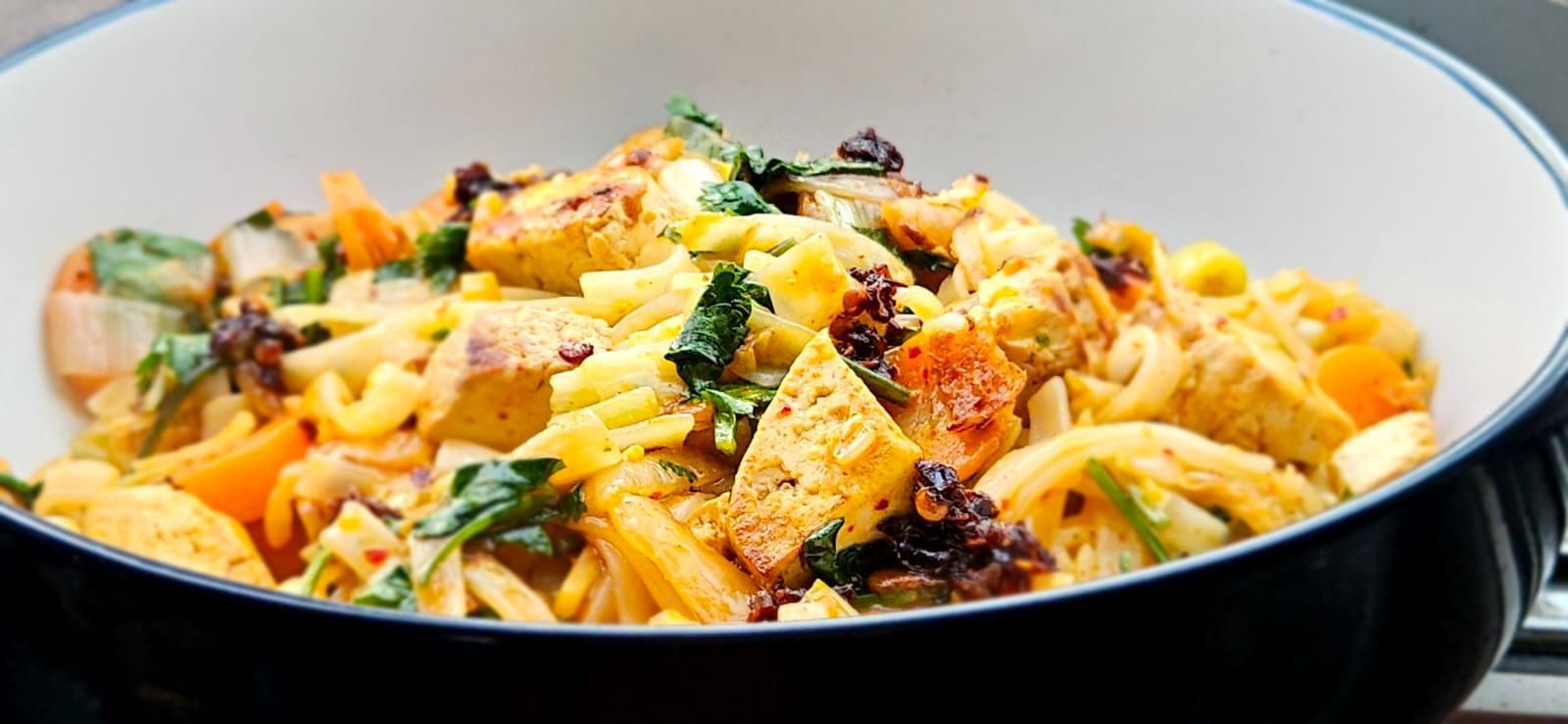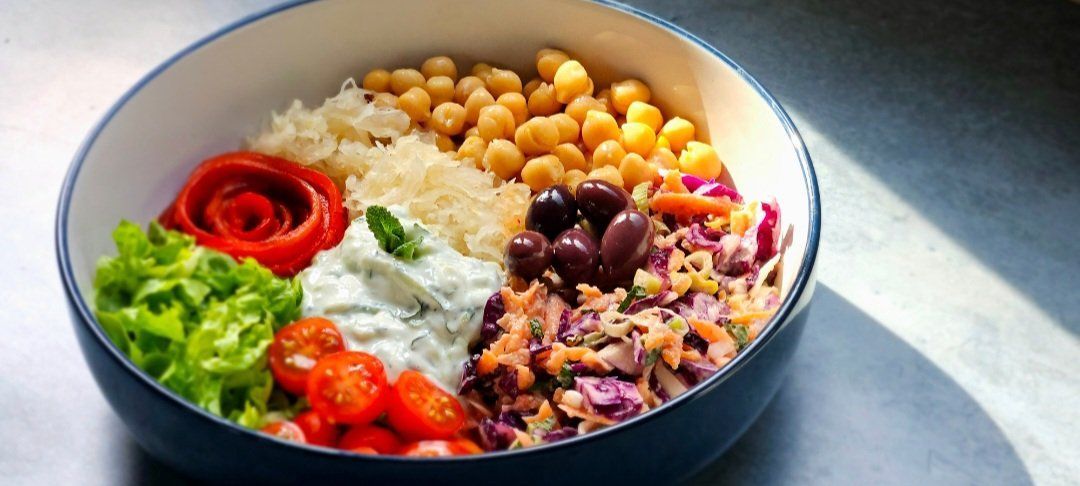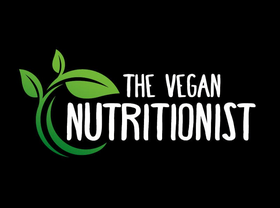A vegan diet for disease prevention
So here’s the question uppermost on my mind this month, and one I’ll share with you and discuss in more detail below. Is it really healthy to be Vegan, and if so, how and what’s the proof?
Does a vegan diet contain the nutrients we need?
The problem I most encounter talking to people is the persistent belief that a Vegan diet is somehow lacking in nutrients, protein and basically everything we need to stay healthy – if that’s not true, as I emphatically insist on a regular basis, how do I (and others who endorse this lifestyle) prove it?
The starting point here is to consult major health bodies and other reputable sources and to see what they say on the subject. For this article, I read a variety of previously published articles from sources such as Harvard Health Publishing
(part of the Harvard Medical School), Medical News Today, The American Journal of Clinical Nutrition
and Healthline.com.
From this information, I’ve distilled the most common and prevalent answers/details pertaining to the major areas of health and wellbeing typically called into question when discussing a Vegan diet.
Zero animal fats.
Animal fats are widely recognised within the medical community to be an influencing factor in a number of illnesses and diseases such as: heart disease, hypertension, rheumatoid arthritis and diabetes. In fact, animal sources are likely to account for 13 of the top 15 sources of cholesterol raising contributors.
So cutting these fats from your diet, by cutting all sources of animal produce, can be a critical health benefit in a wide number of areas. It is often cited as a major influencing factor in someone’s decision to follow a Vegan diet.
Lower cancer risk.
Medical experts worldwide now widely accept the fact that meat eaters, particularly red meat eaters, are at a far higher risk of prostate and colon/rectal cancers.
By comparison, the vegan diet consists of far higher volumes of legumes, fruits, and vegetables, fibre, and vitamin C than is found in other diets. These are believed to contribute to the protection against a variety of cancers.
Bone health.
We’re all aware that we need calcium for our bones and teeth. Most people get their calcium intake from milk and cheese.
However, for those of us who follow a Vegan diet there are many replacement (and tasty!) sources of calcium, such as: figs, kale, spinach, black-eyed peas, and turnip greens. Vegan milk alternatives are now widely available in most supermarkets, for example soy milk, and almond milk. Most large supermarkets will also have a variety of soy based spreads or cheeses. Again, all excellent sources of replacement calcium.
It’s slightly less well-known that for our bones to be truly healthy we also need a plentiful supply of vitamins D and K, potassium, and magnesium. Soy and fruit such as bananas are especially high in potassium and are very good for you in general, watch the tennis players at Wimbledon regularly reach for a banana in between sets. Some vegetables contain appropriate amounts of these nutrients without the health risks of animal fats.
Daily exposure to the sun also enables the body to make Vitamin D. A little as 15 minutes with your arms uncovered outside during a high-sun period (midday) can be enough. So Vegans can very easily follow a few basic guidelines and actually improve upon their bone health when compared with those who follow a standard meat eating diet.
Heart health.
People on a Vegan diet typically consume fewer calories, have lower BMIs and an overall reduced risk of obesity than those following a standard Western diet. Vegans also benefit from a massively lower cholesterol count than those who drink dairy milk or consume animal fats. Meaning overall, someone following a Vegan diet is considered to have a lower risk of mortality from a stroke or heart disease.
Protecting against chronic disease.
A plant based diet is widely known to counteract an individual’s chance of developing Type 2 Diabetes. There’s further evidence that bioactive compounds in plants can be beneficial in reducing genetic factors linked to other chronic diseases. Also antioxidants in plants and plant based diets help combat ‘free radical’ cells known to cause cell damage and inflammation.
Overall, all current scientific research points to the inescapable conclusion that a Vegan diet is so beneficial that it could save your life. Some practitioners of holistic Western medicine are now beginning to recommend a Vegan diet and lifestyle to help restore and return the body to a healthy state.
In the next blog I’ll look in more detail at the issues surrounding vitamins, nutrients and minerals in a healthy Vegan diet and I’ll show you how you can easily avoid any nutritional deficits by some simple knowledge and planning.
Blog by Rosemary Wyles, The Vegan Nutritionist
For more information like this please visit www.thevegannutritionist.co.uk
Share this Post!
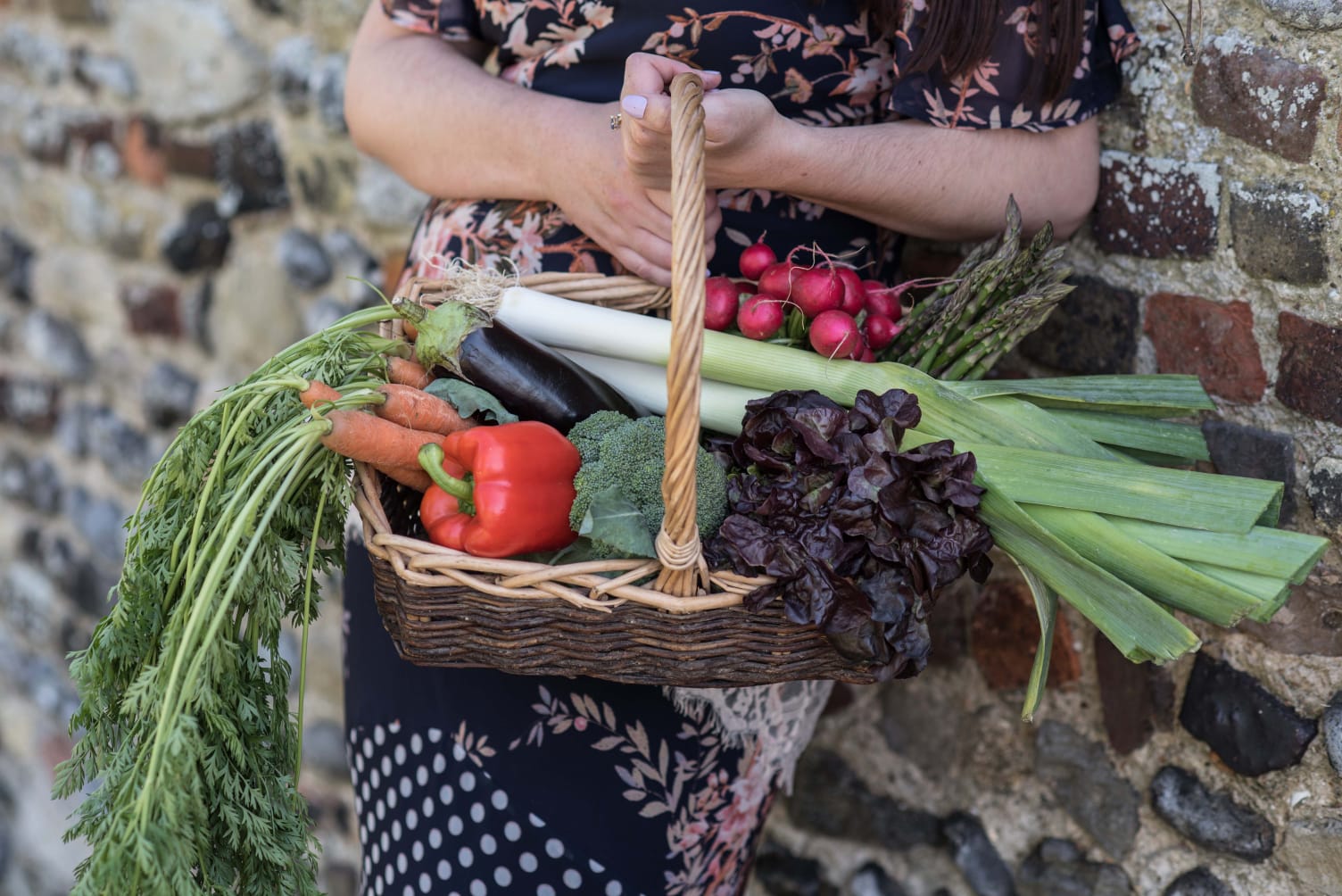
Reach out by sending me an email
Need assistance with your diet or health goals? I'm here to help. Send me a message and I'll be in touch.
